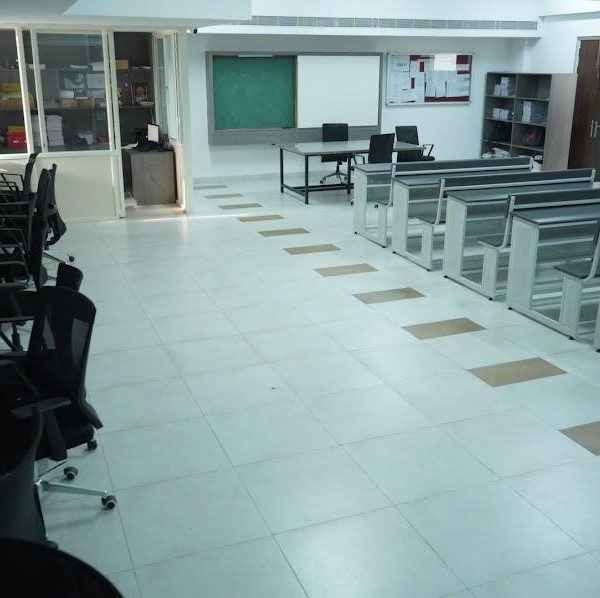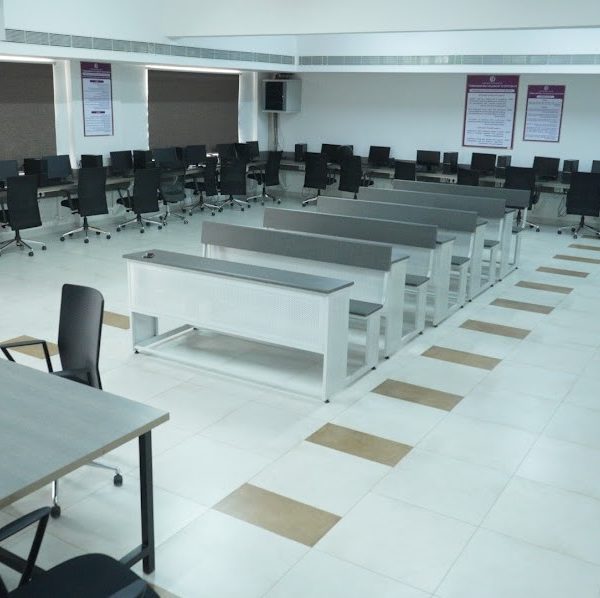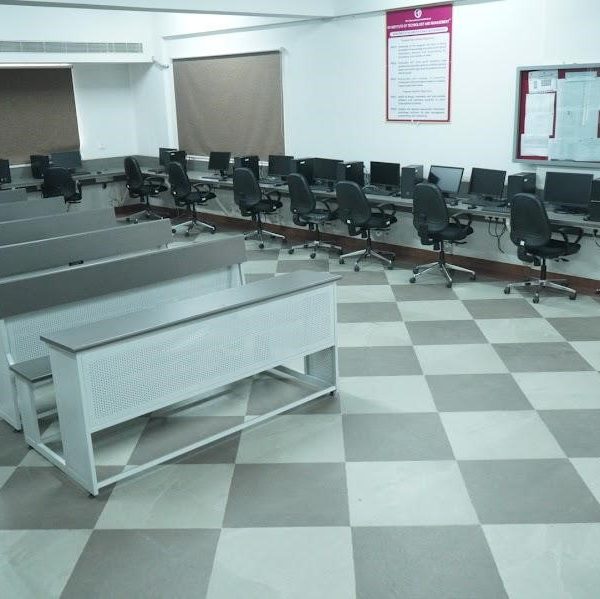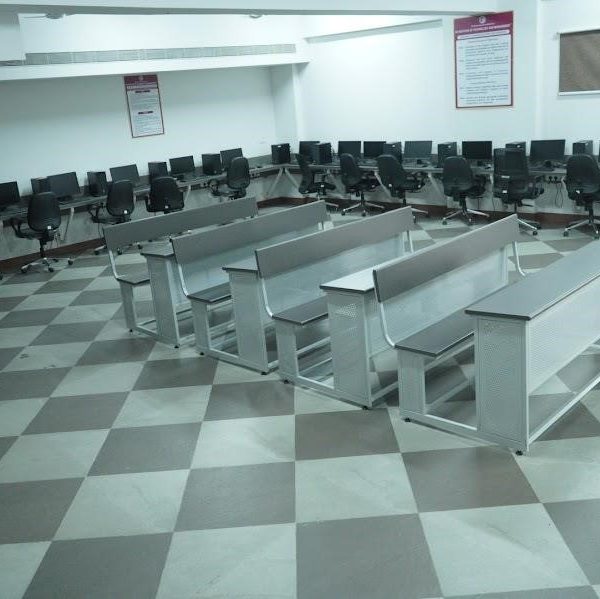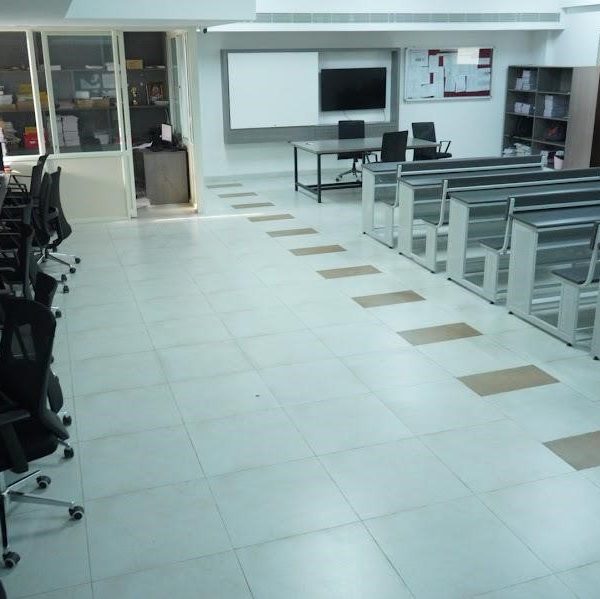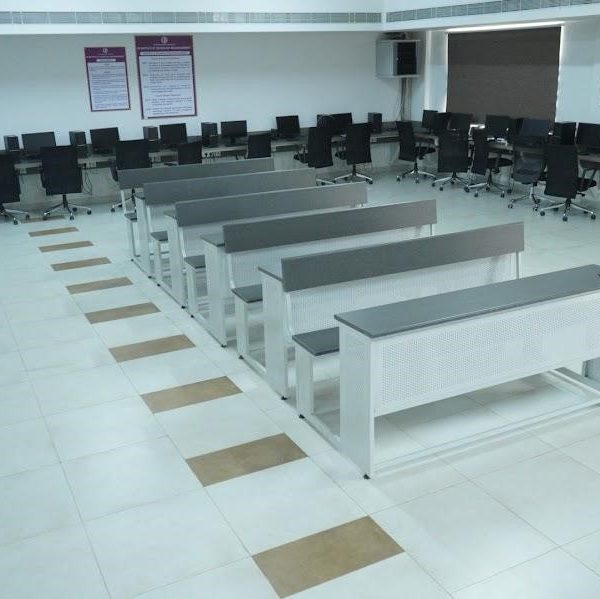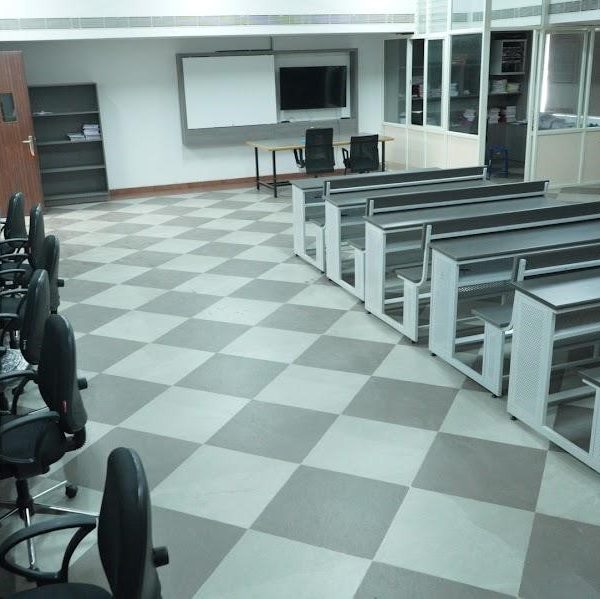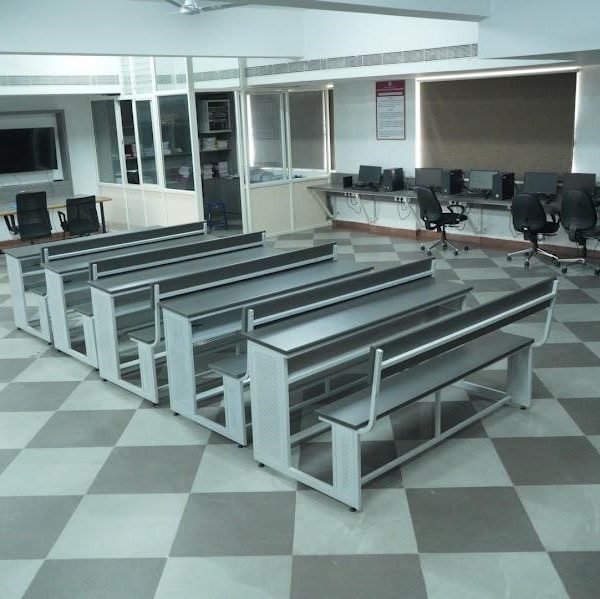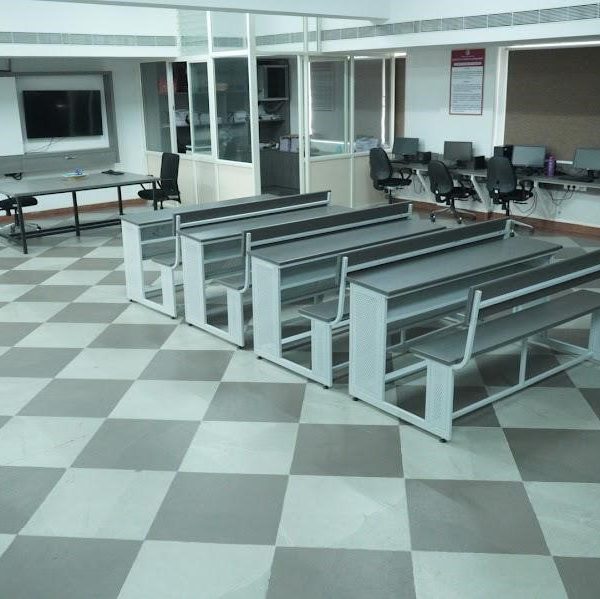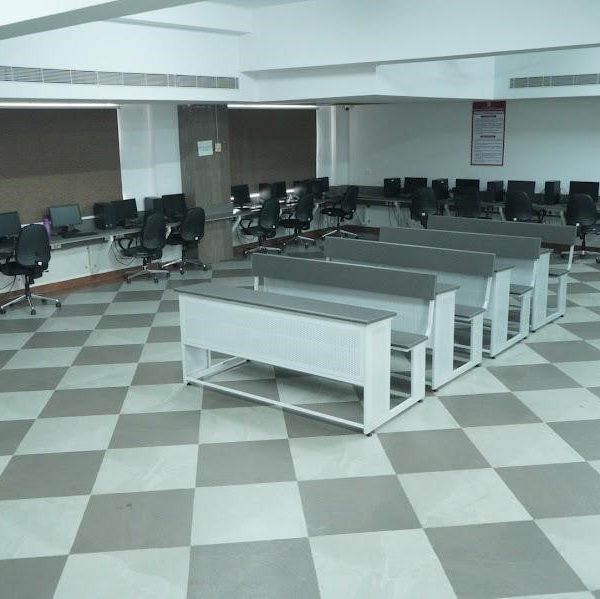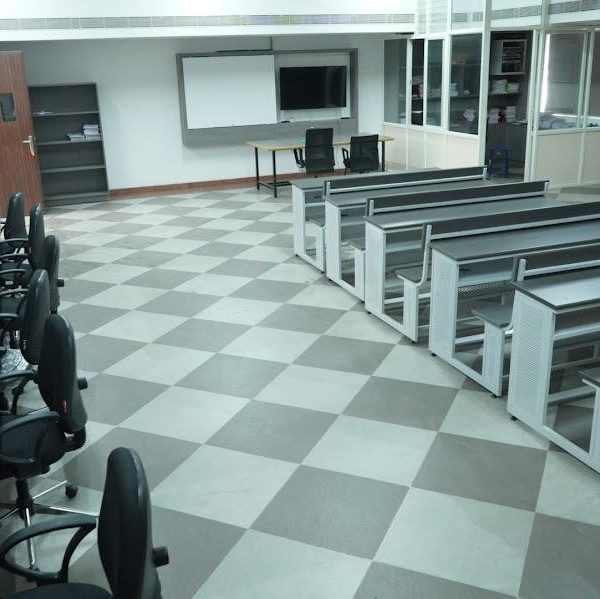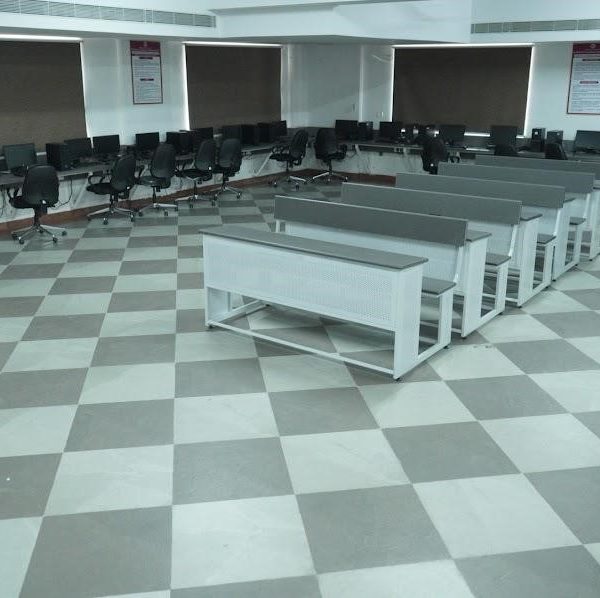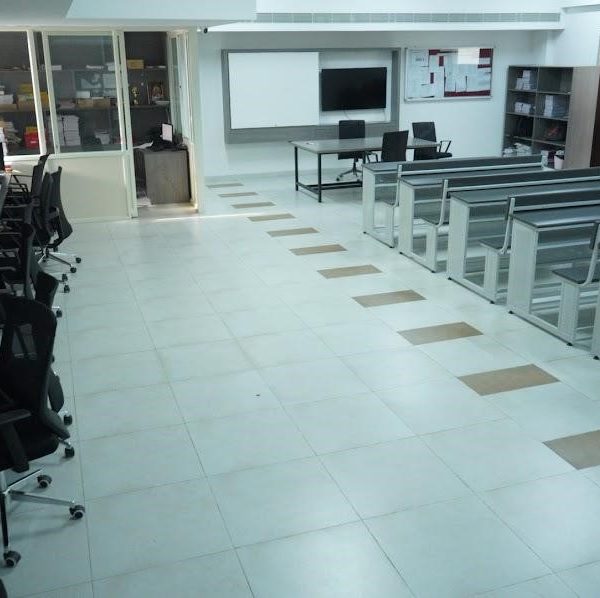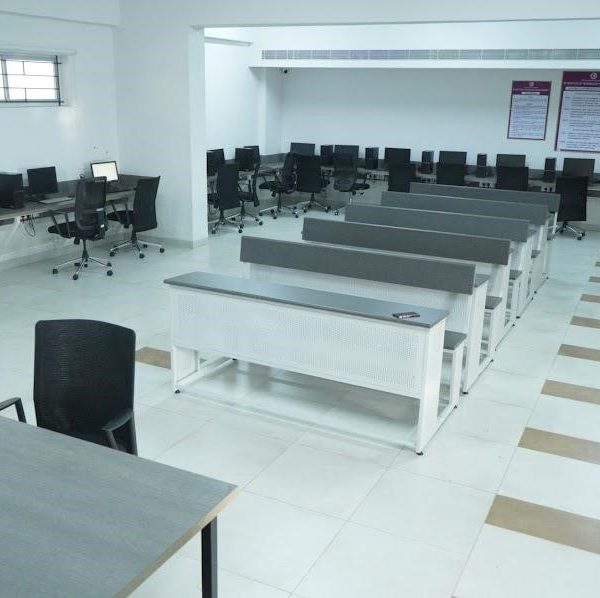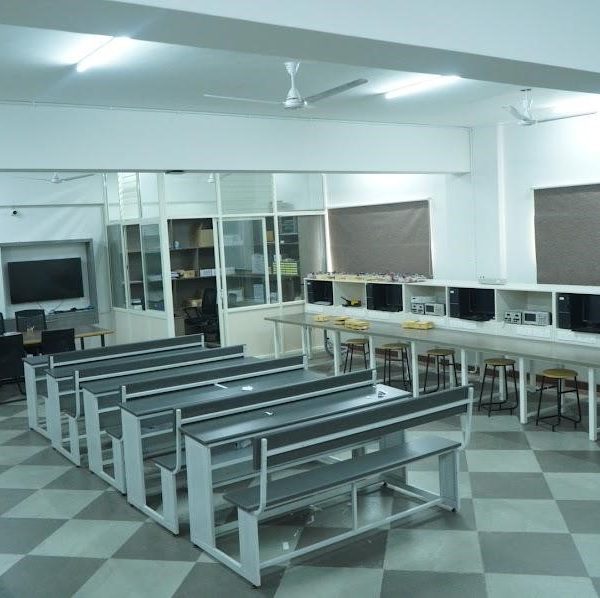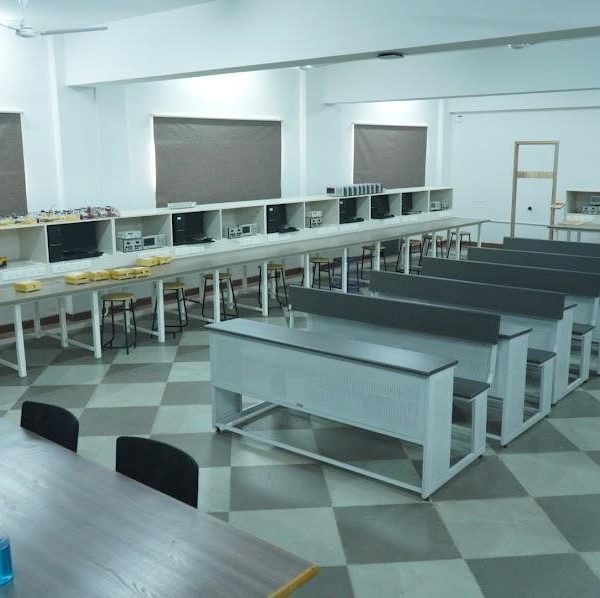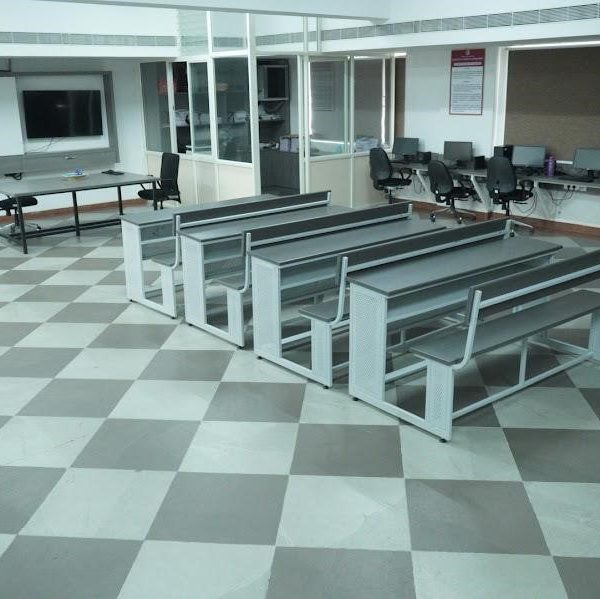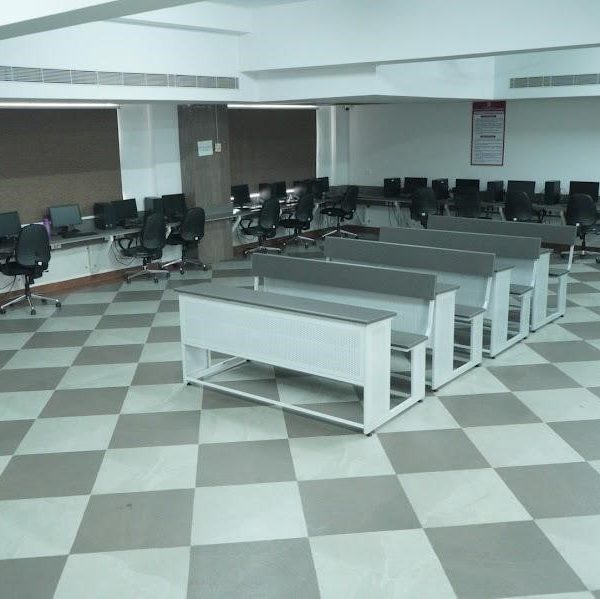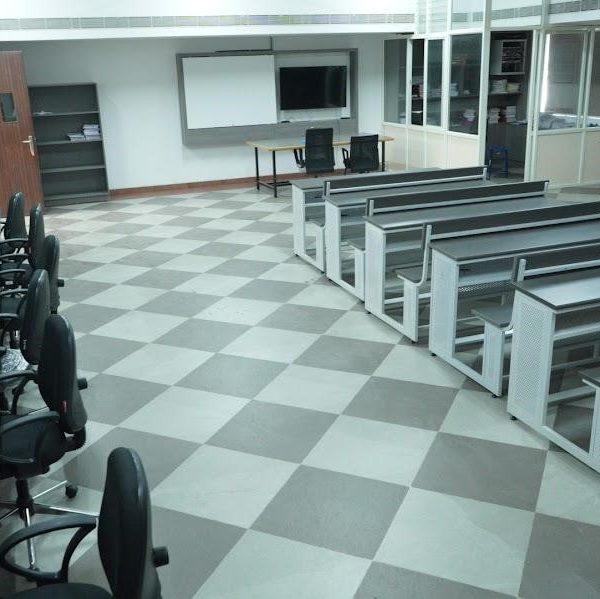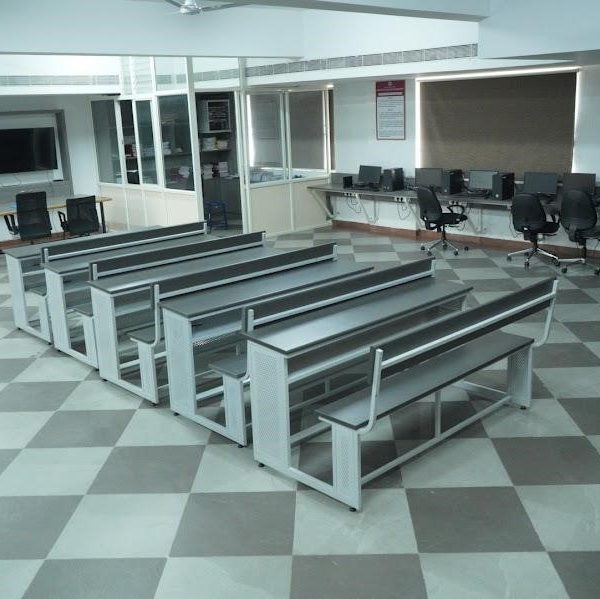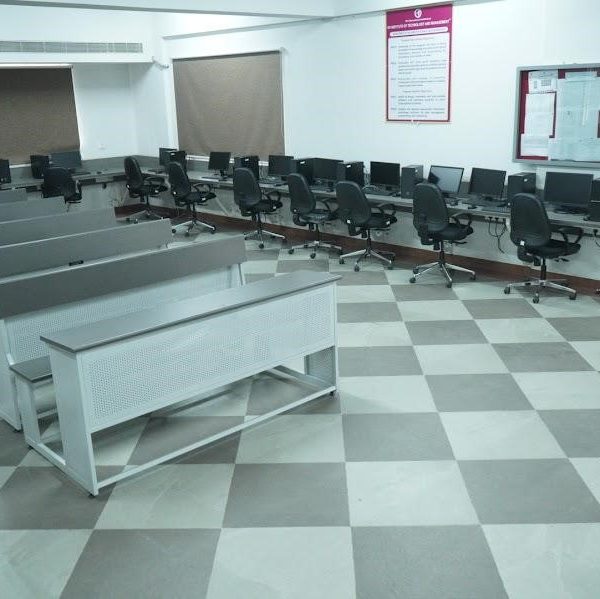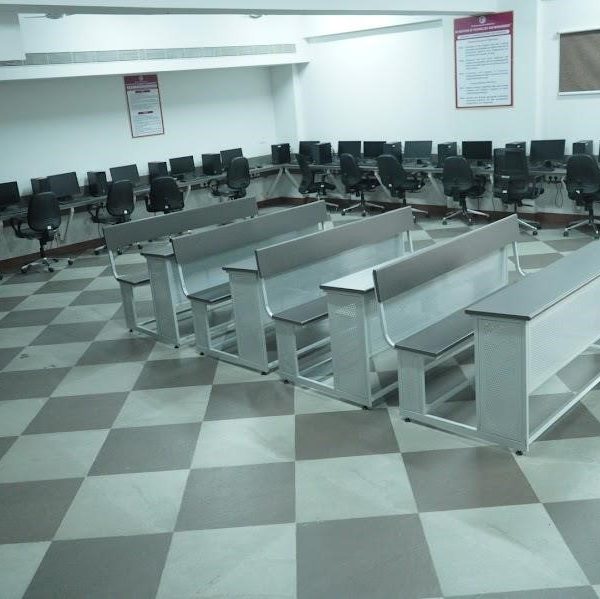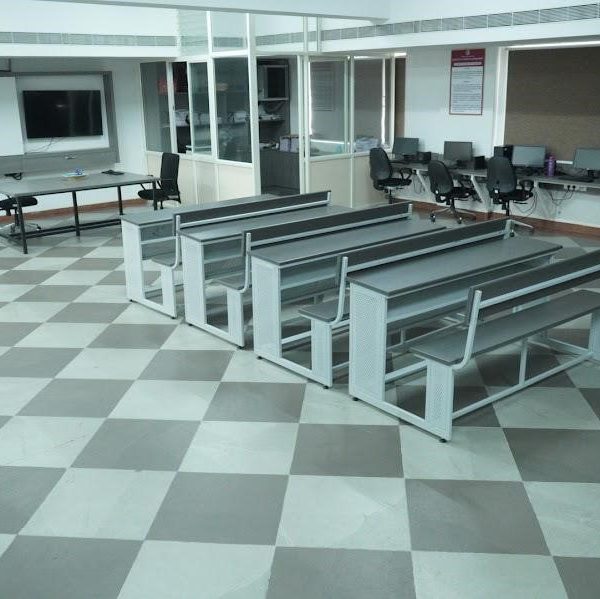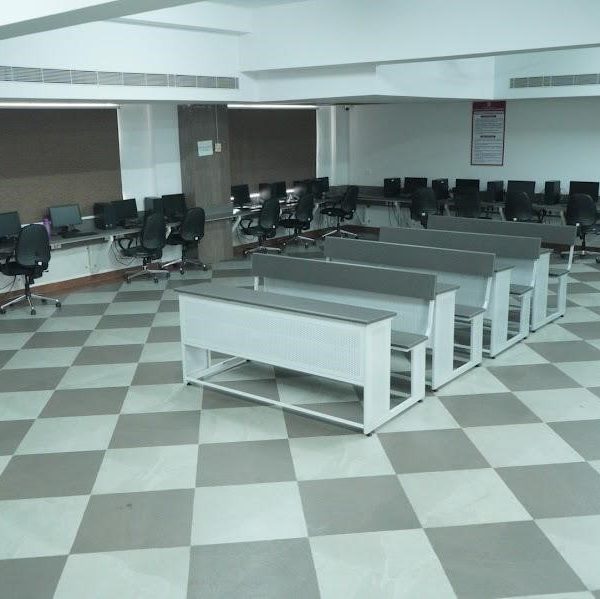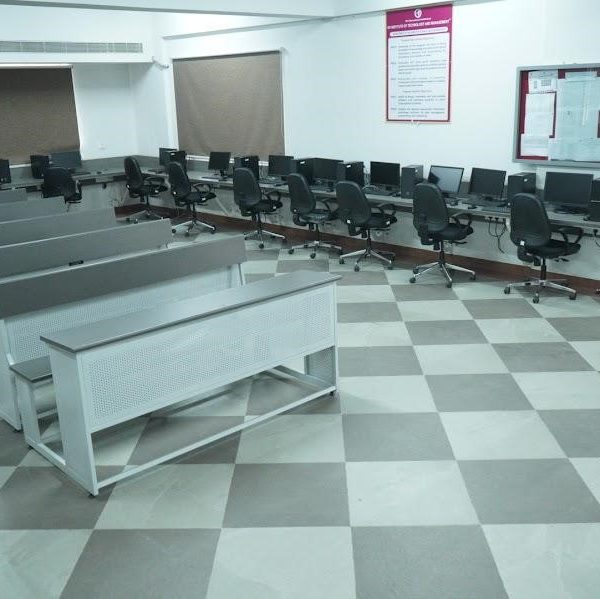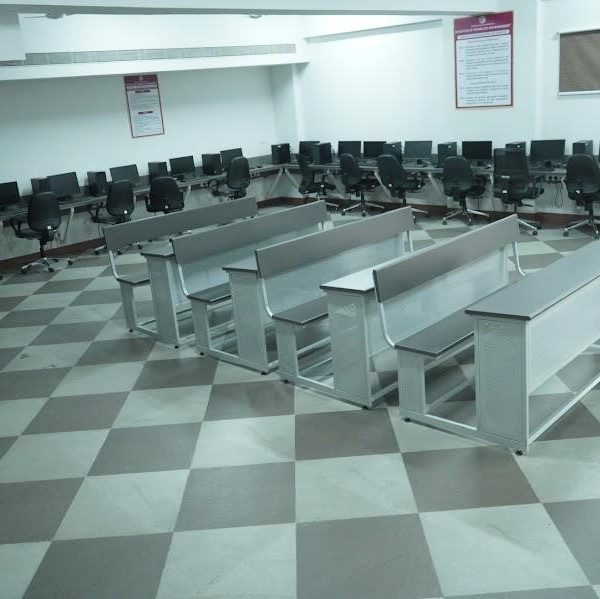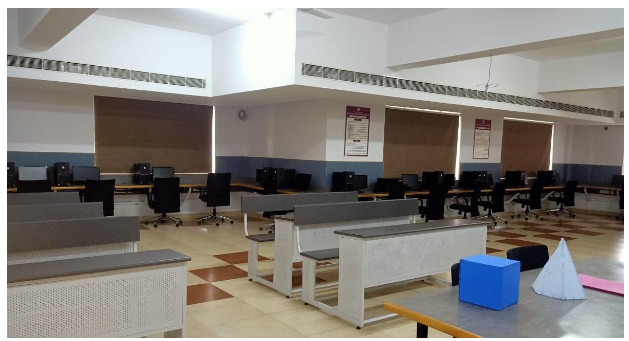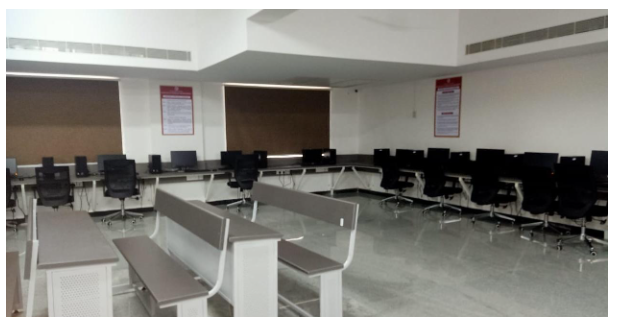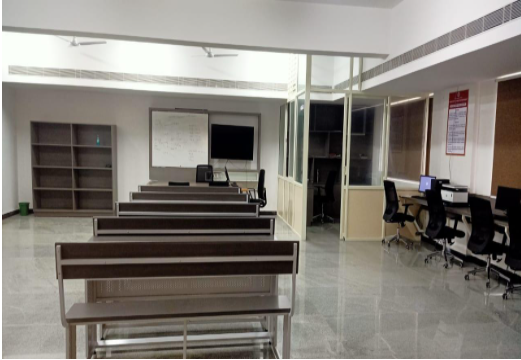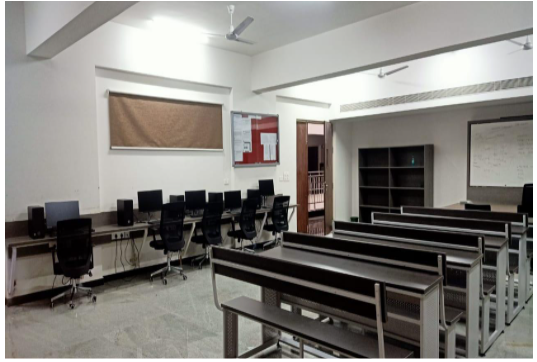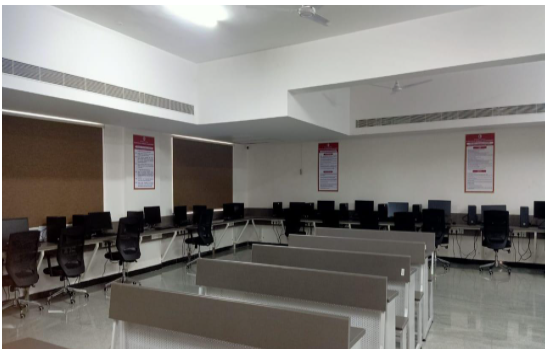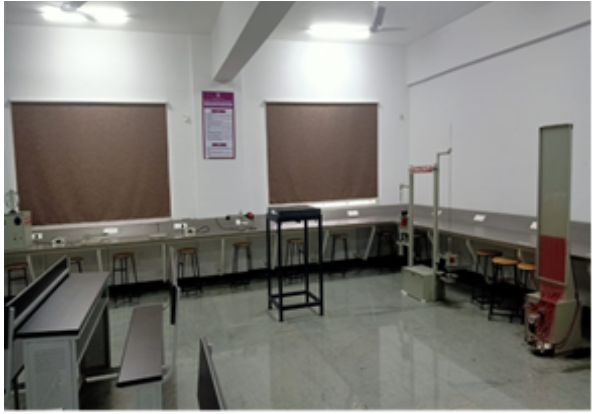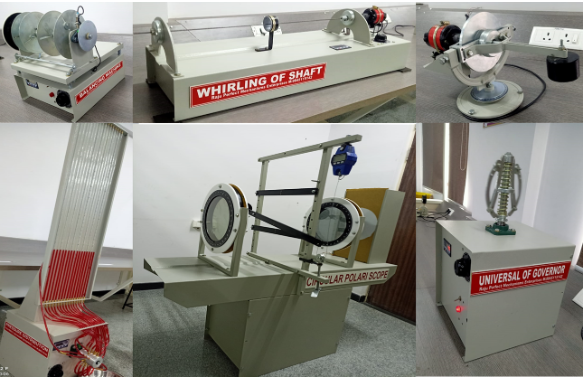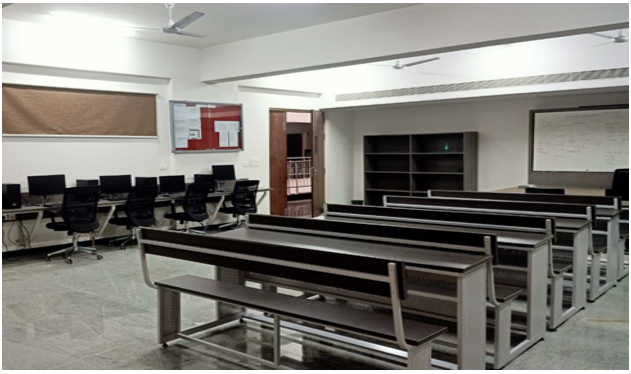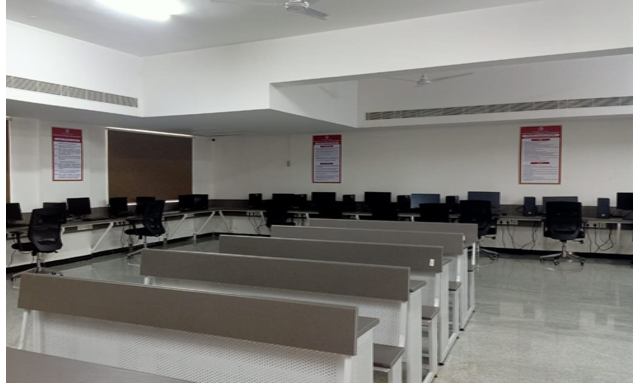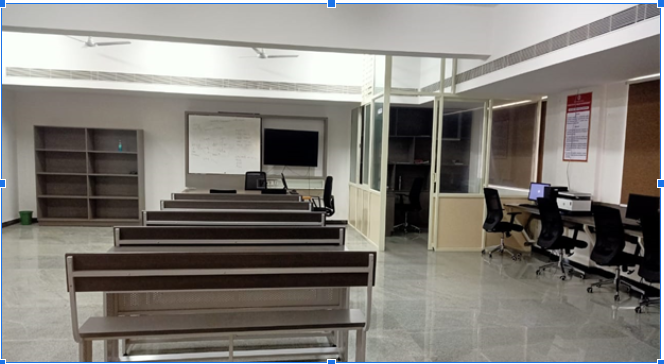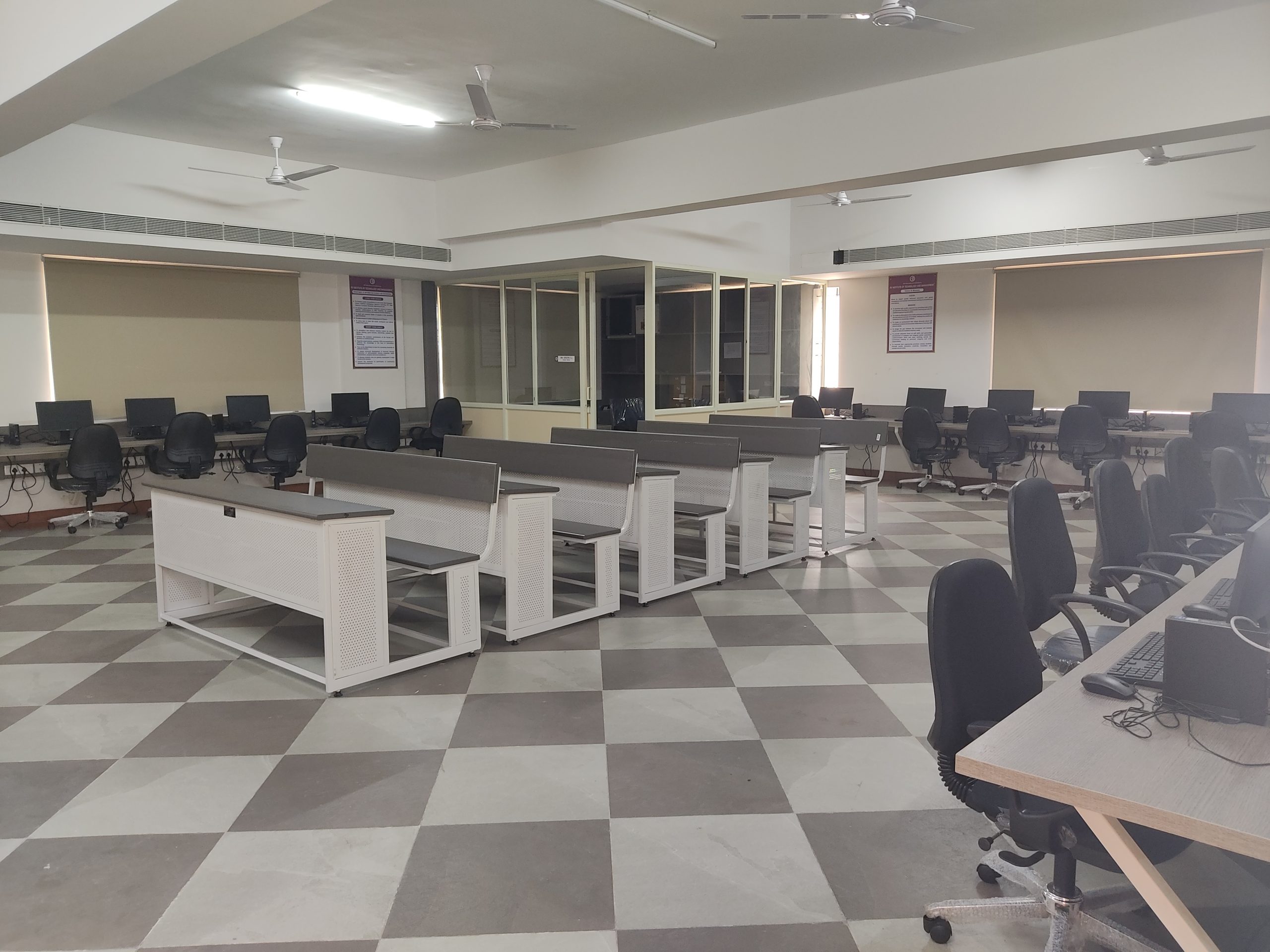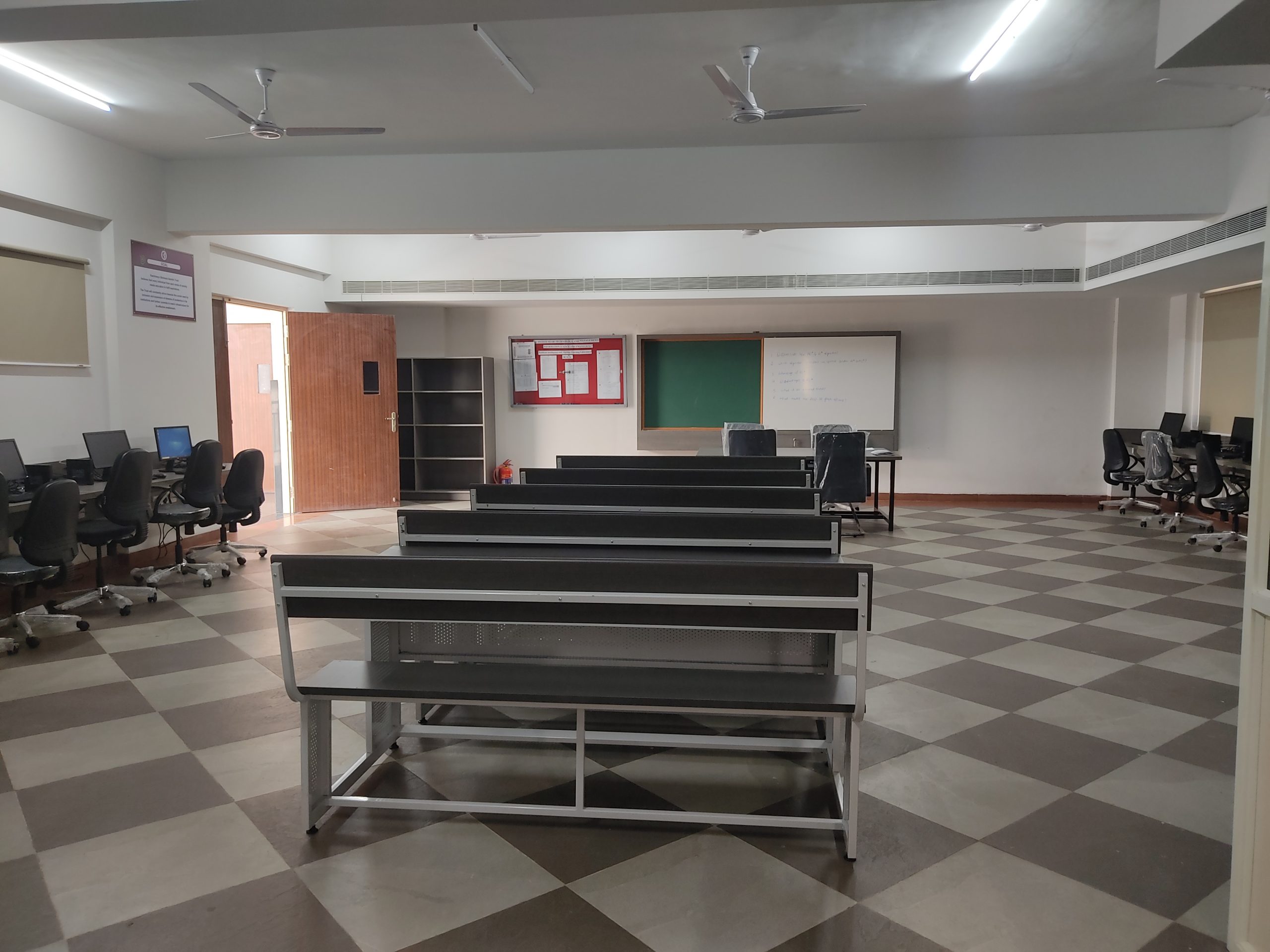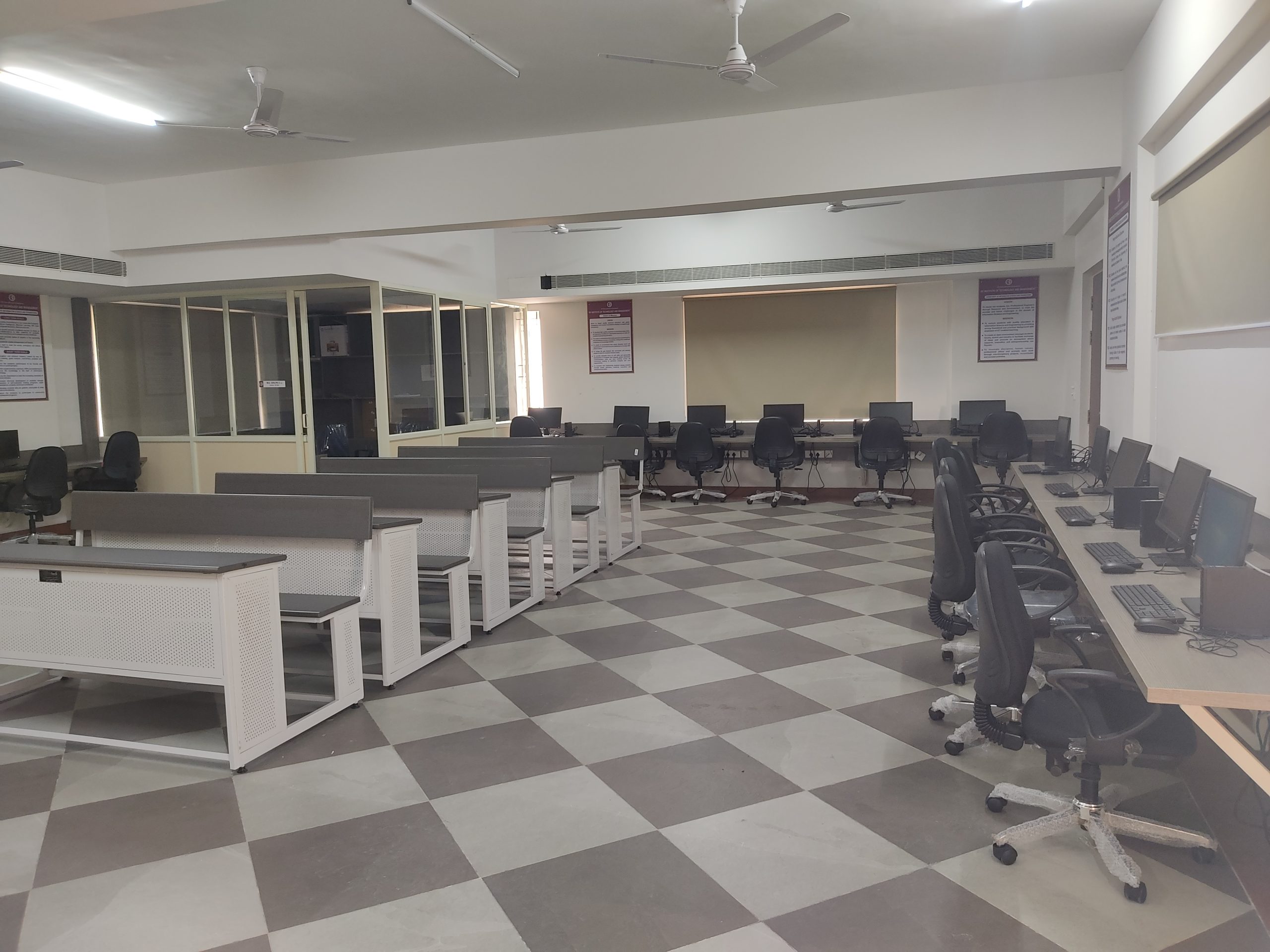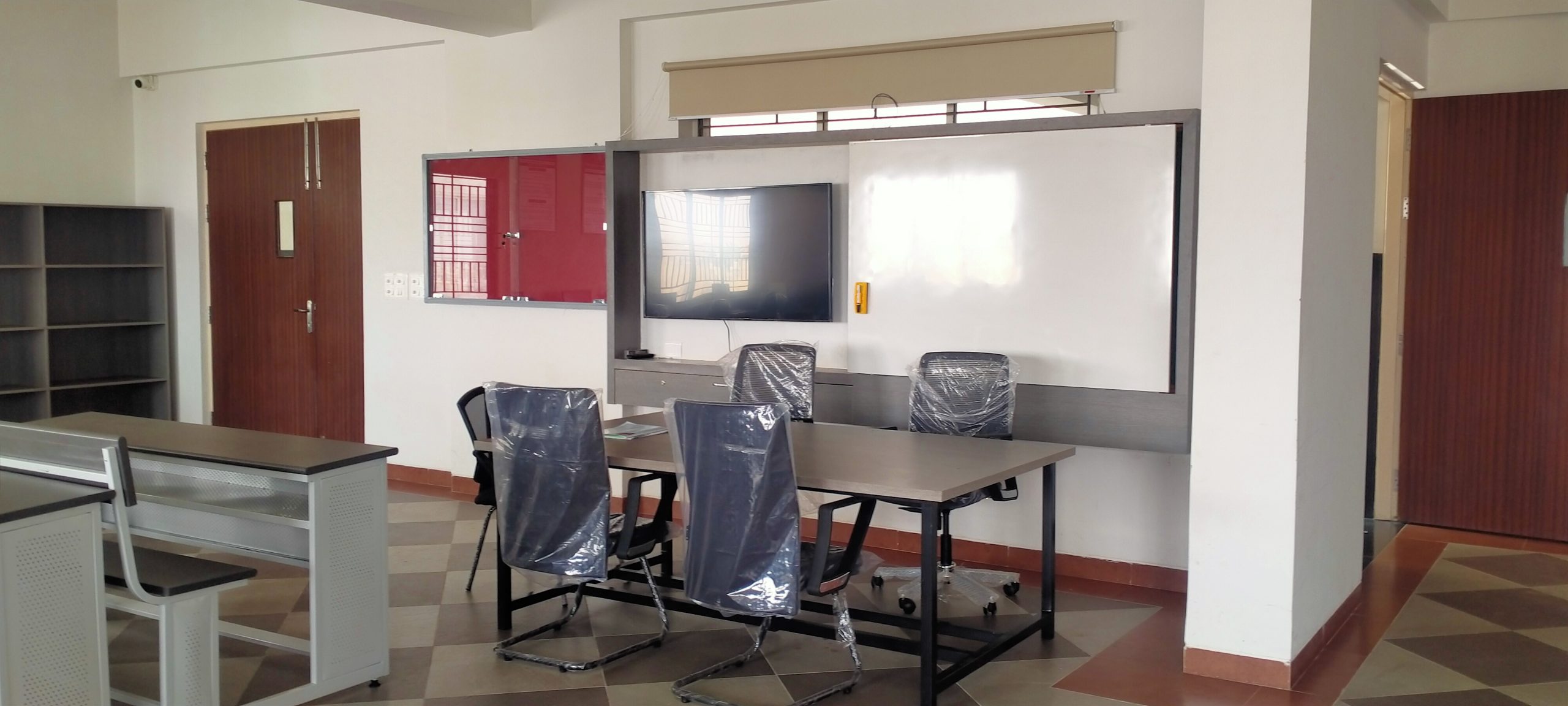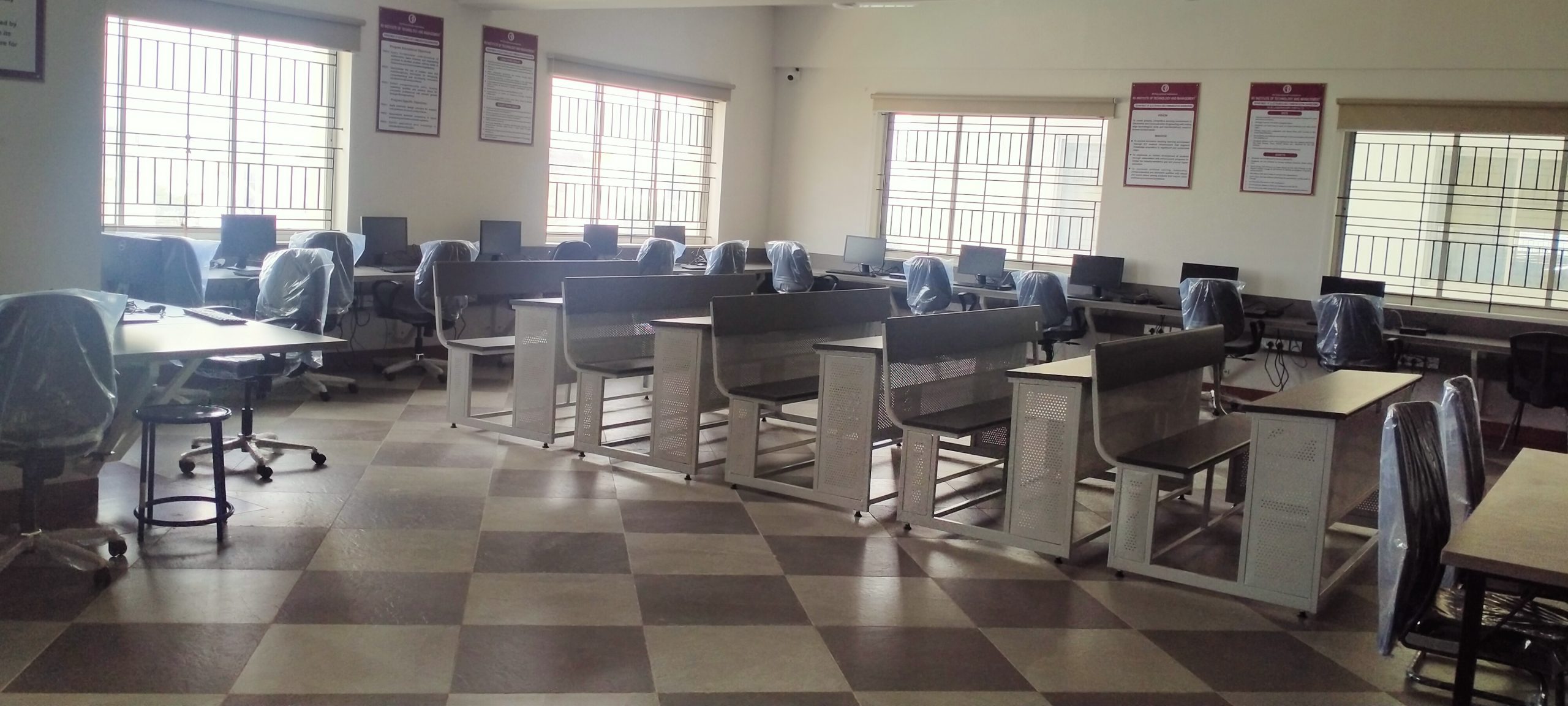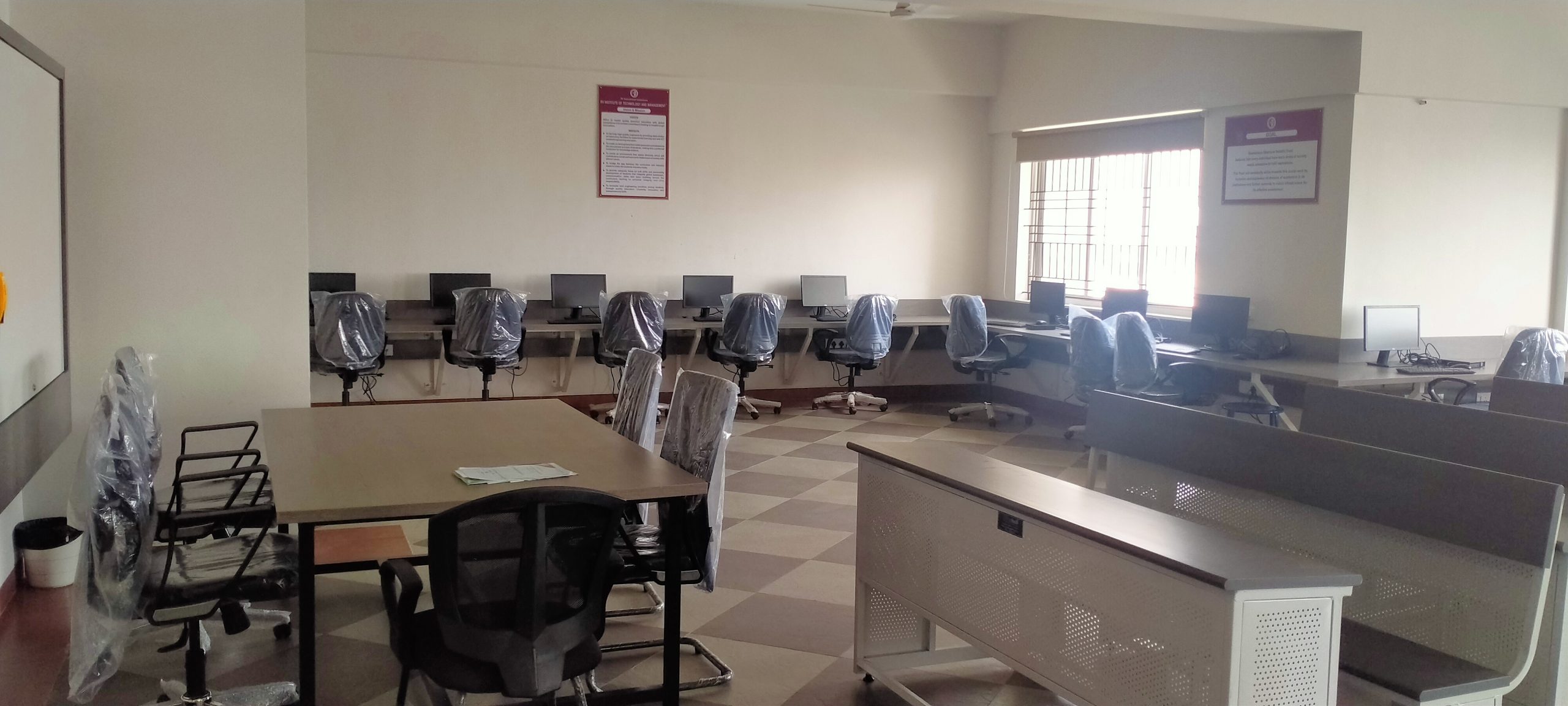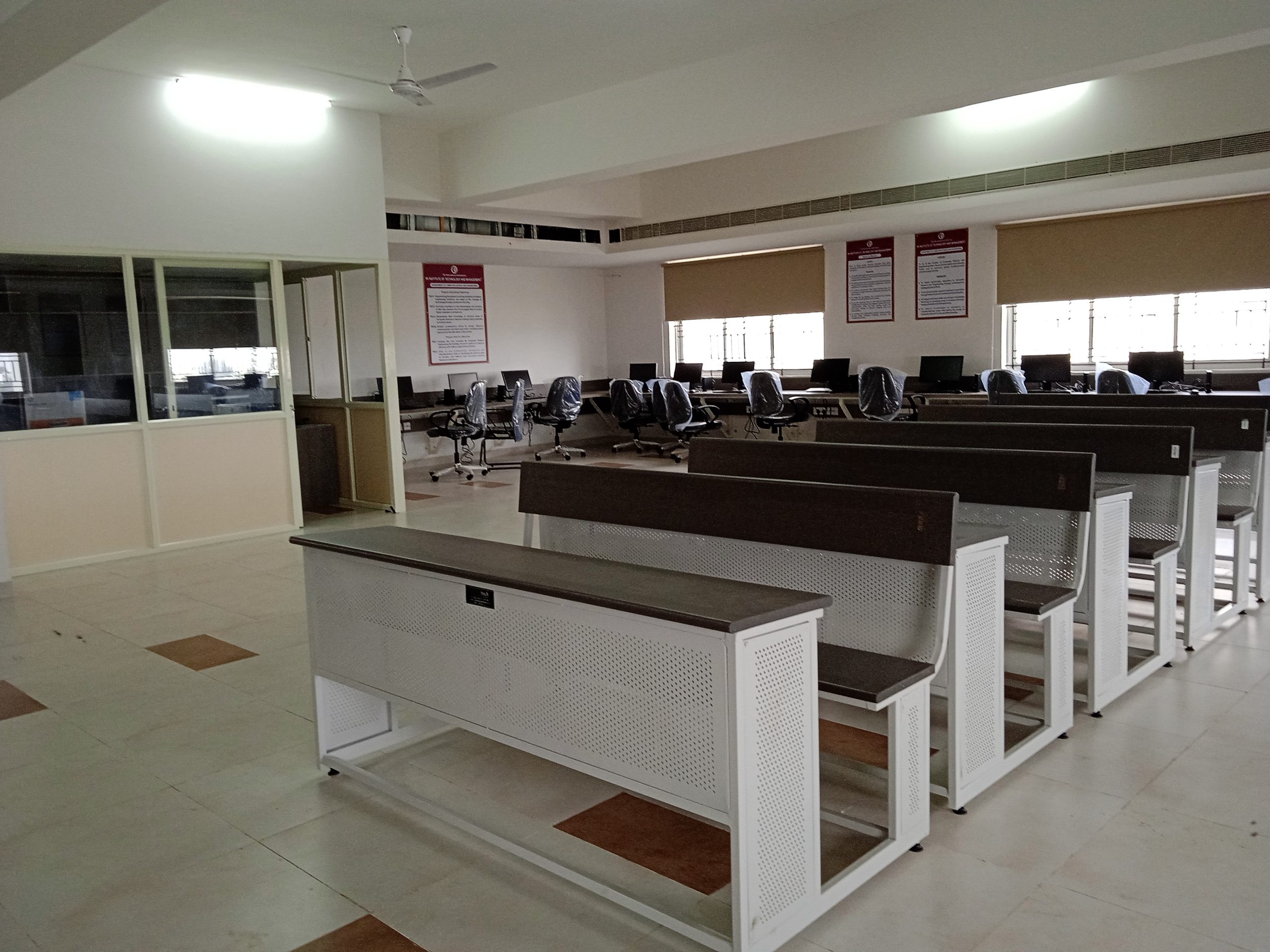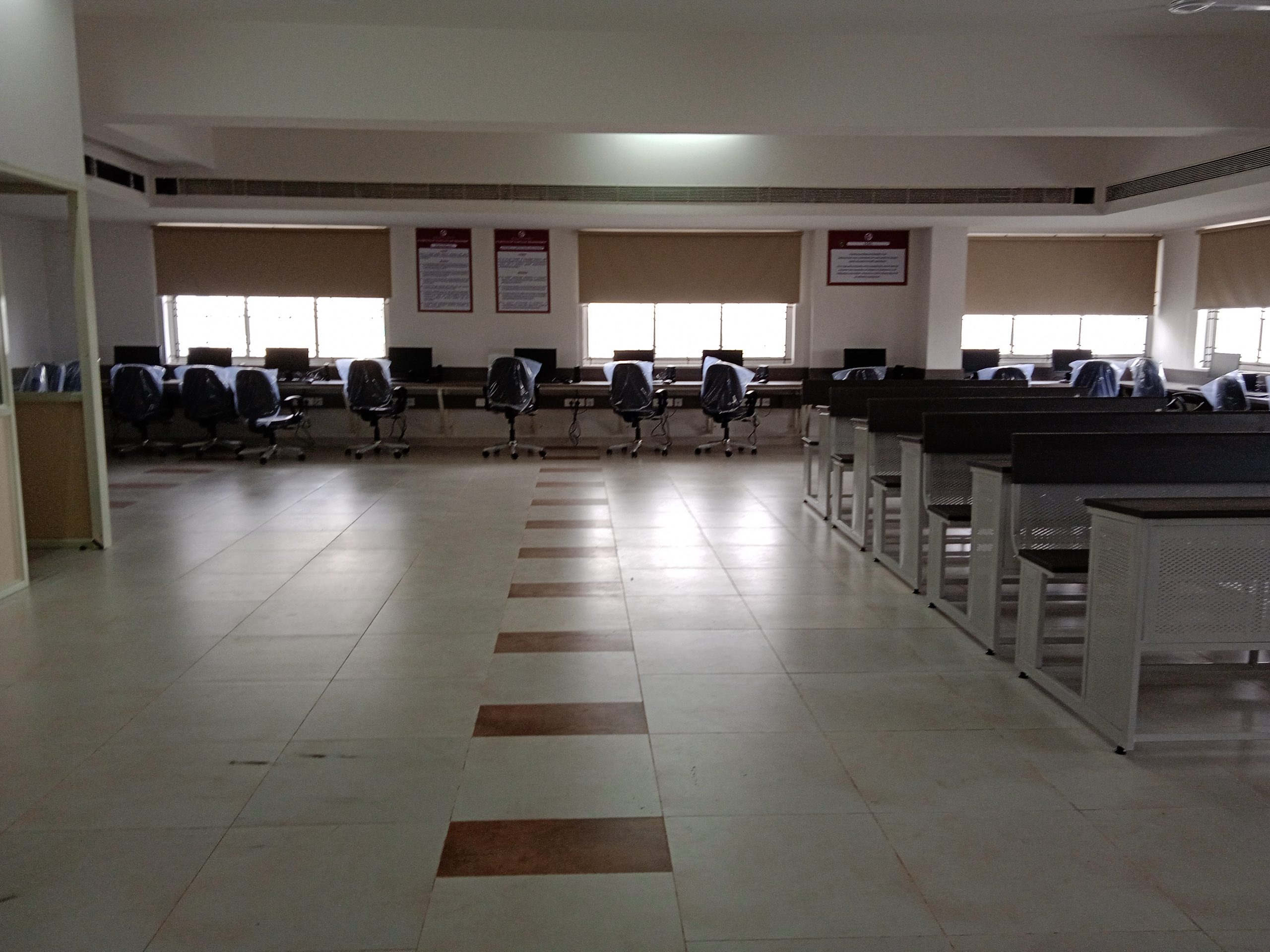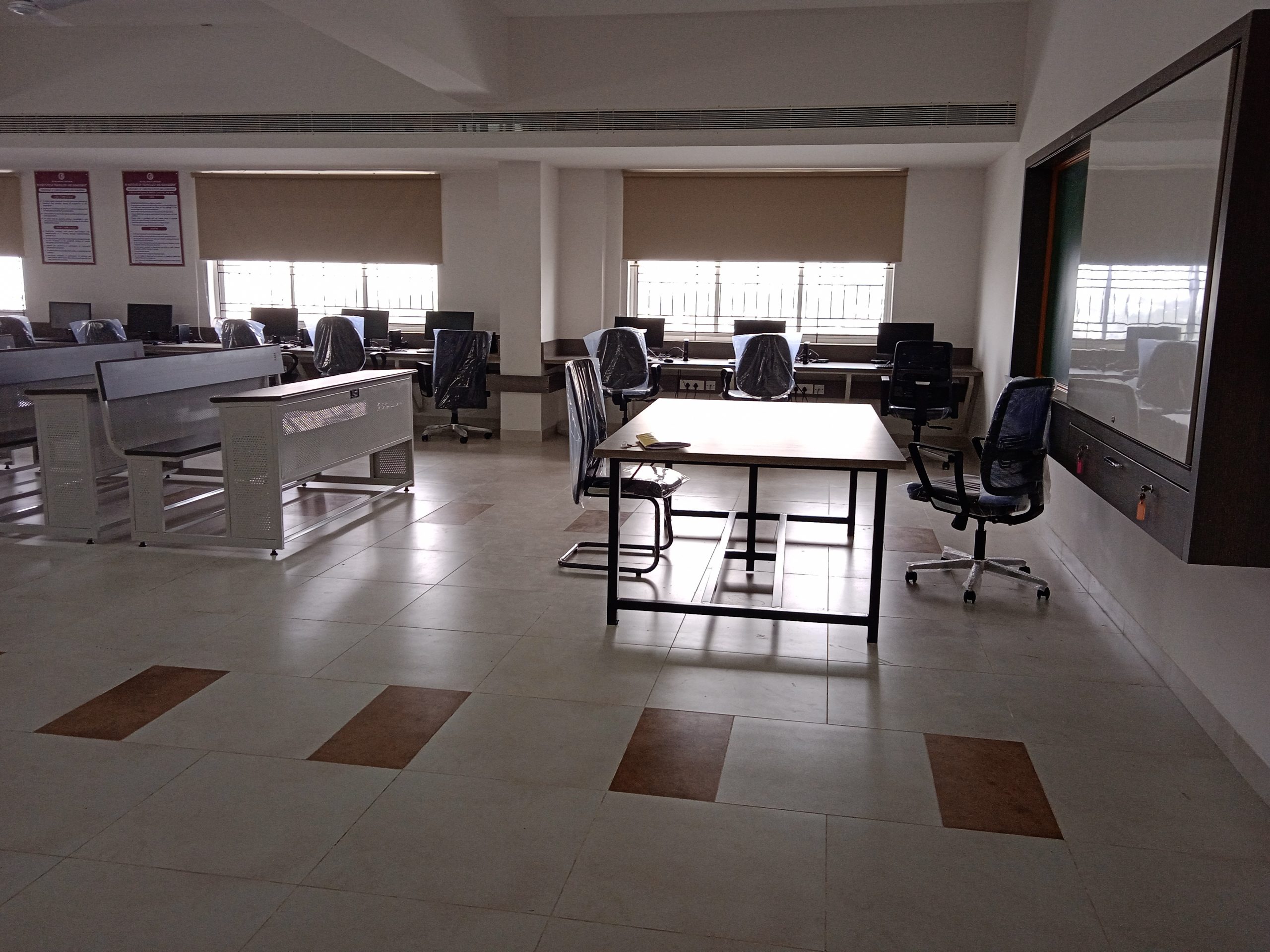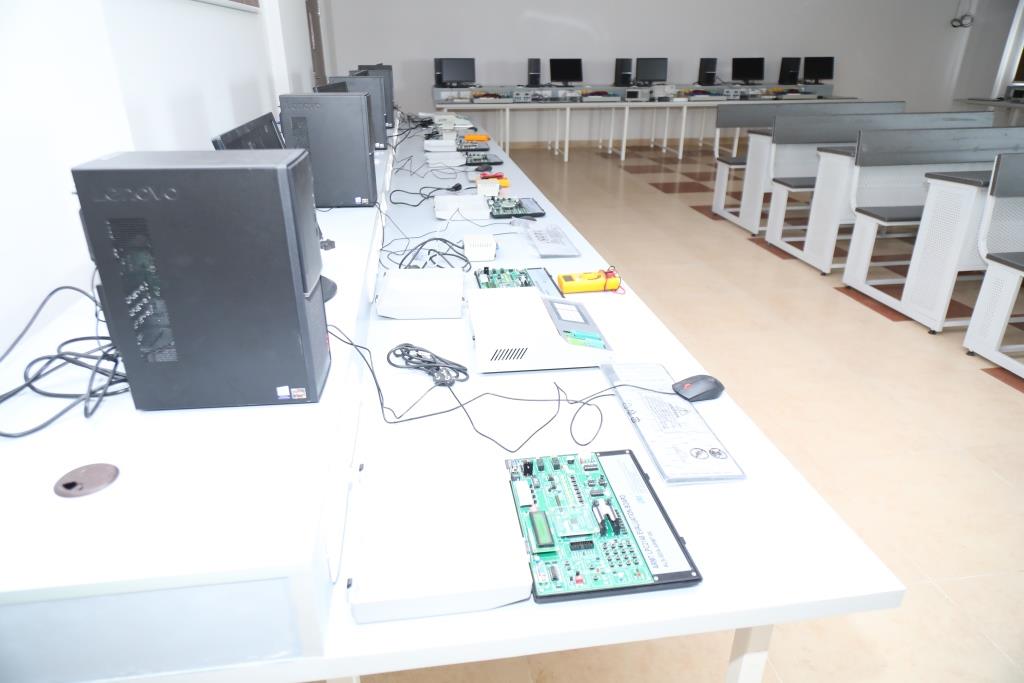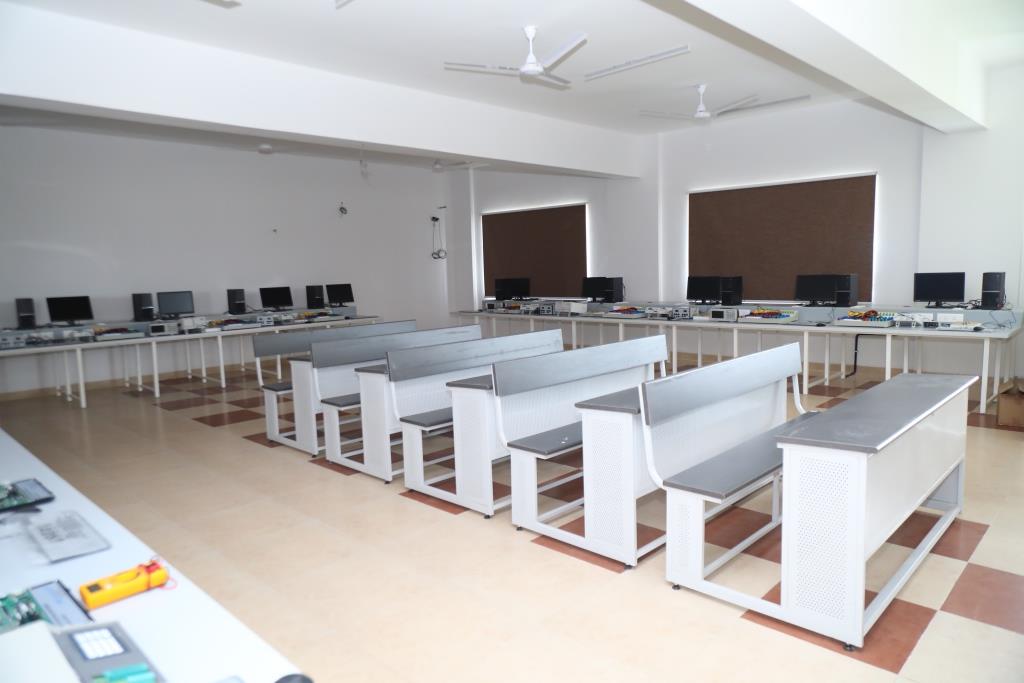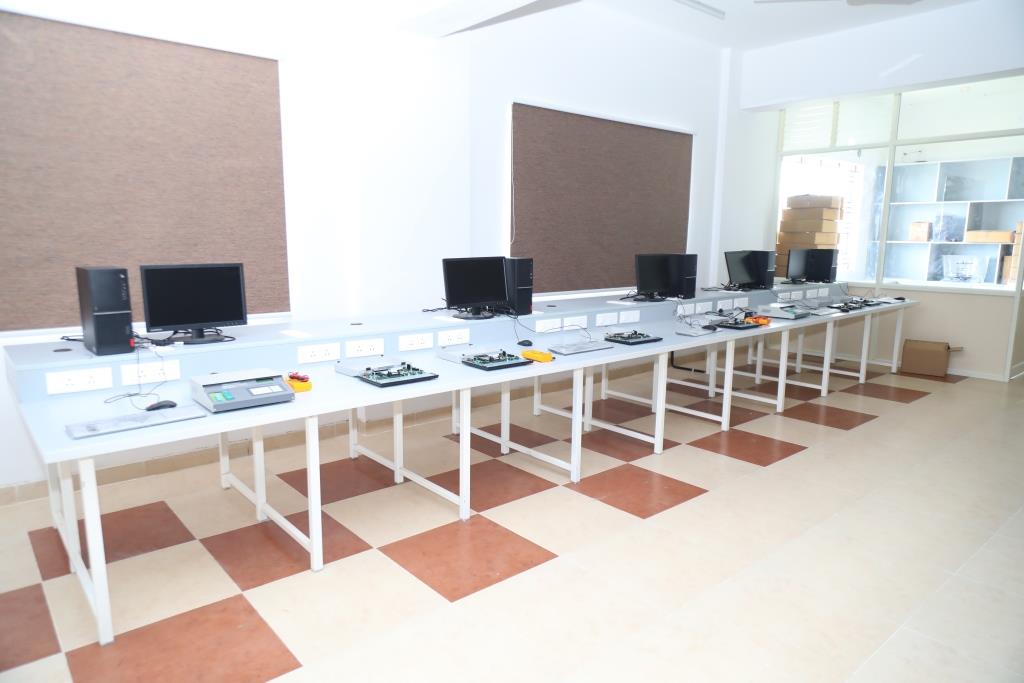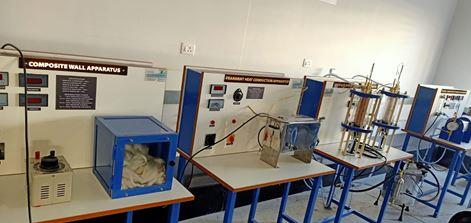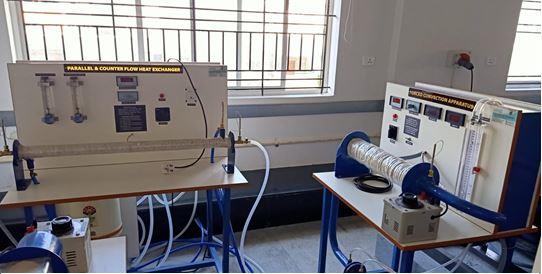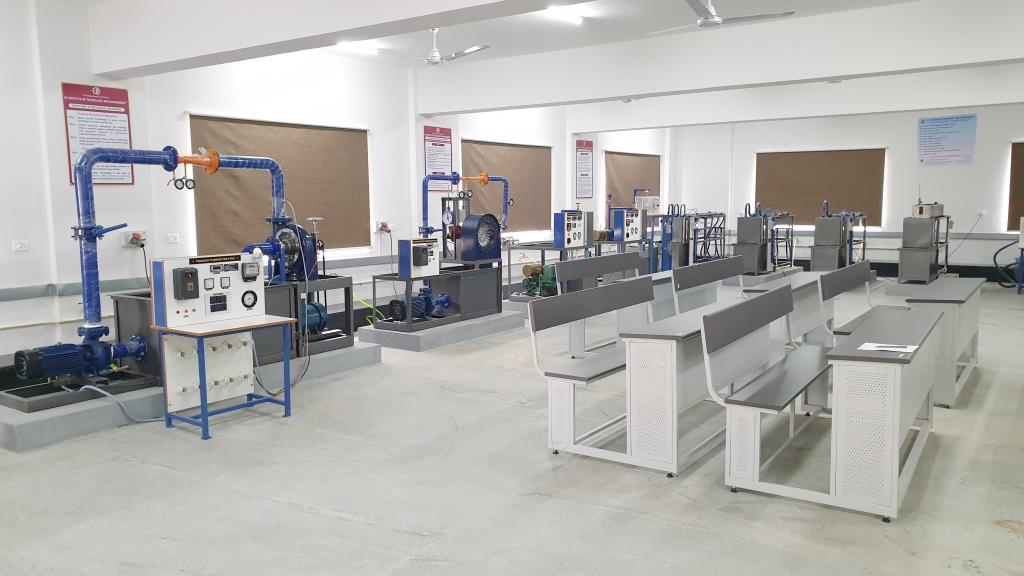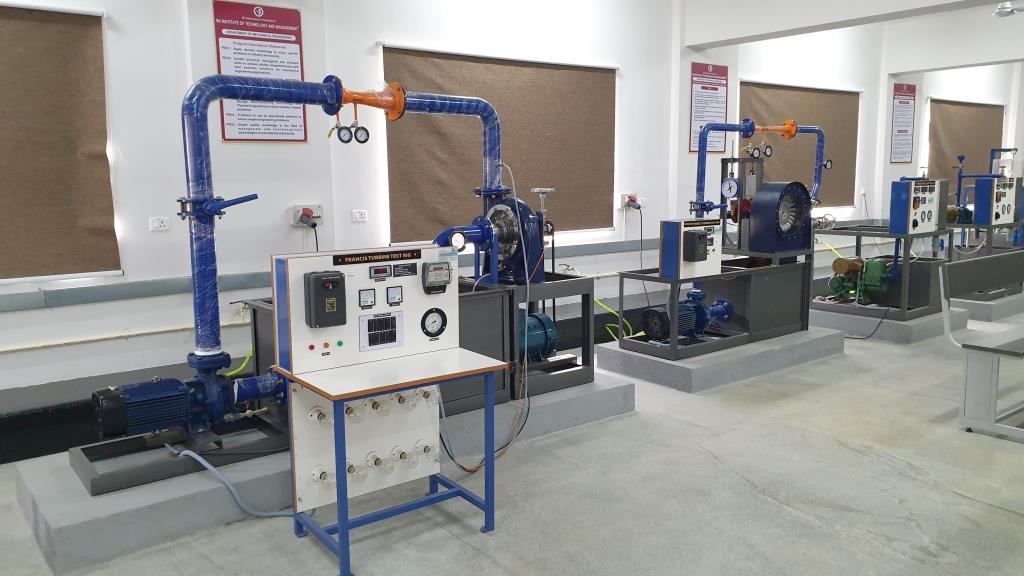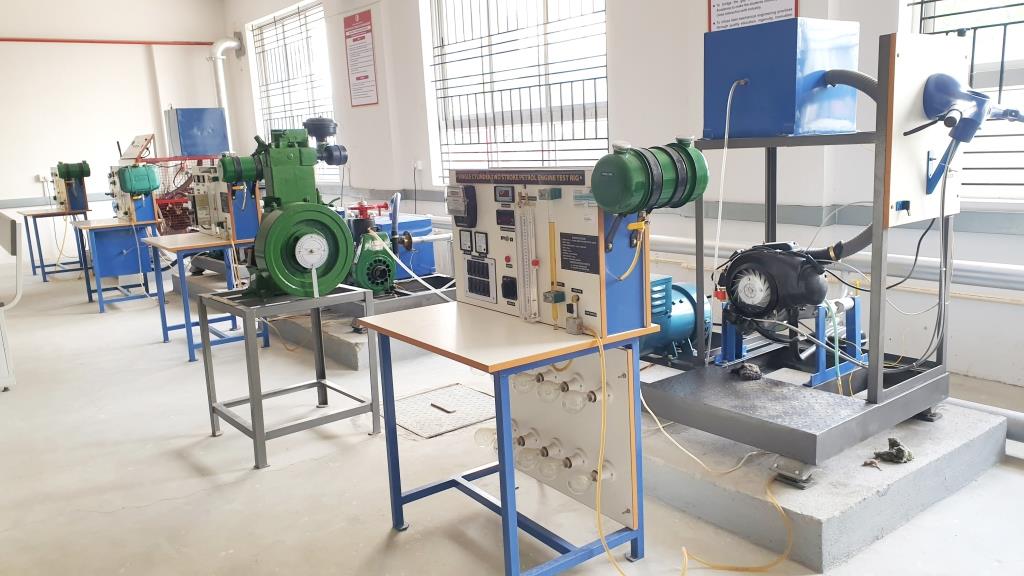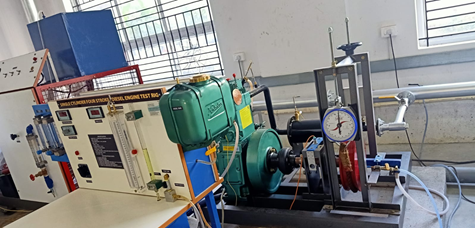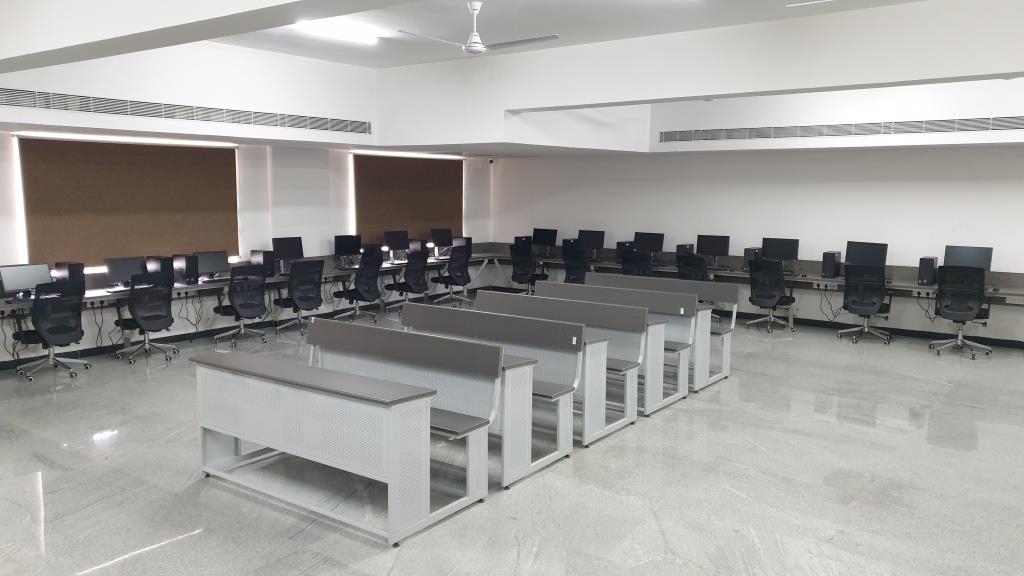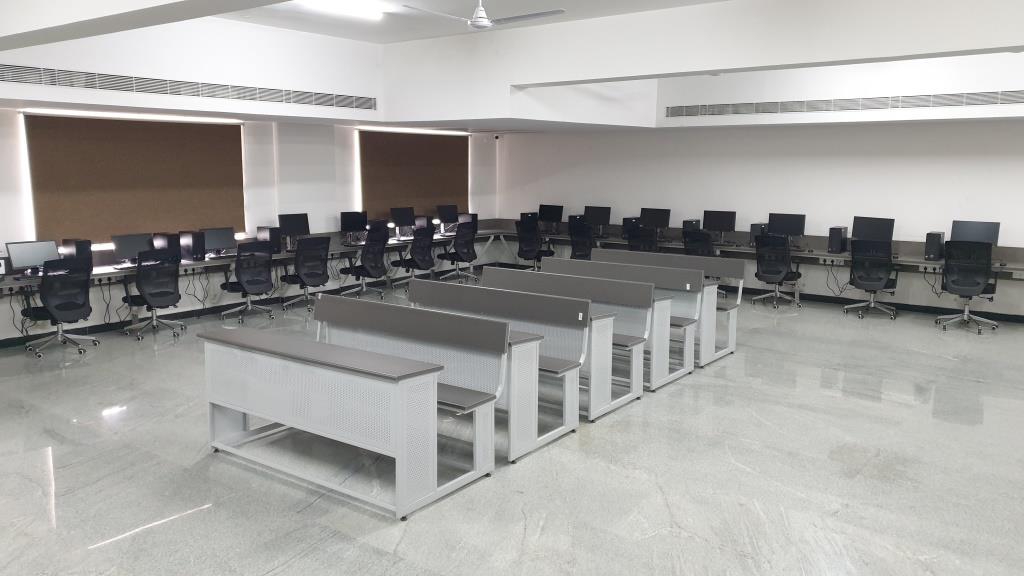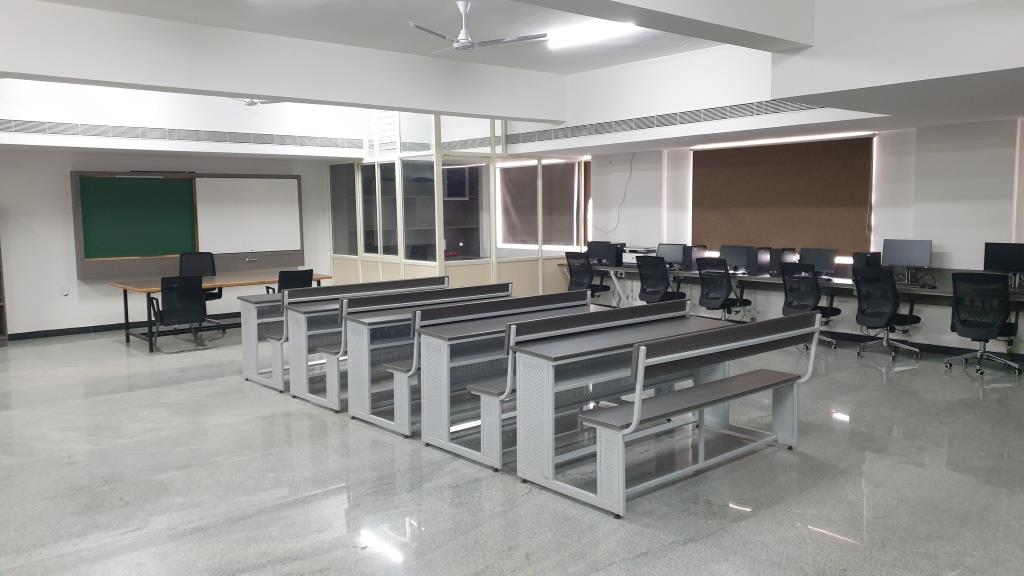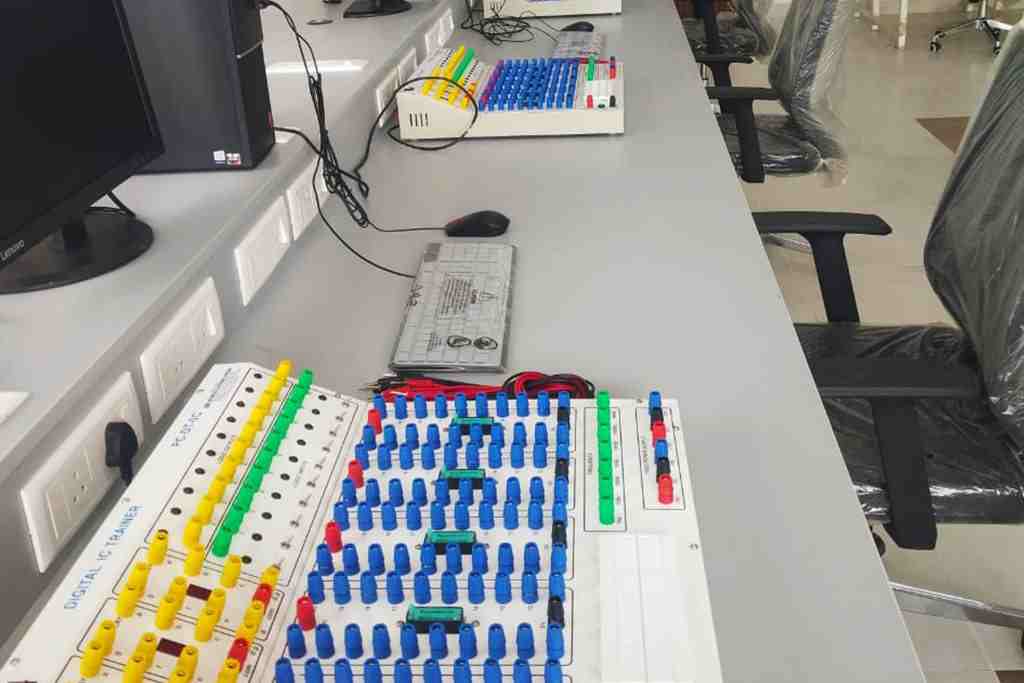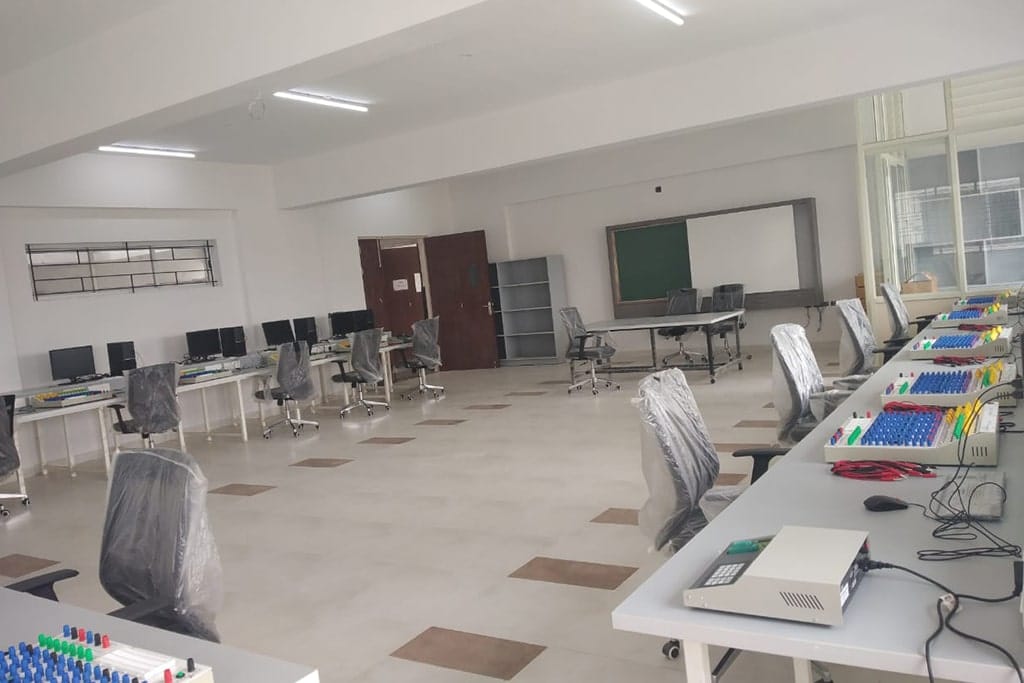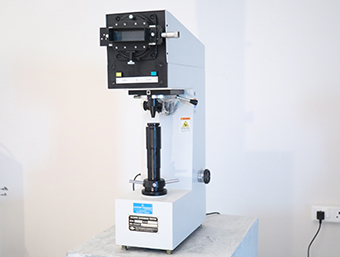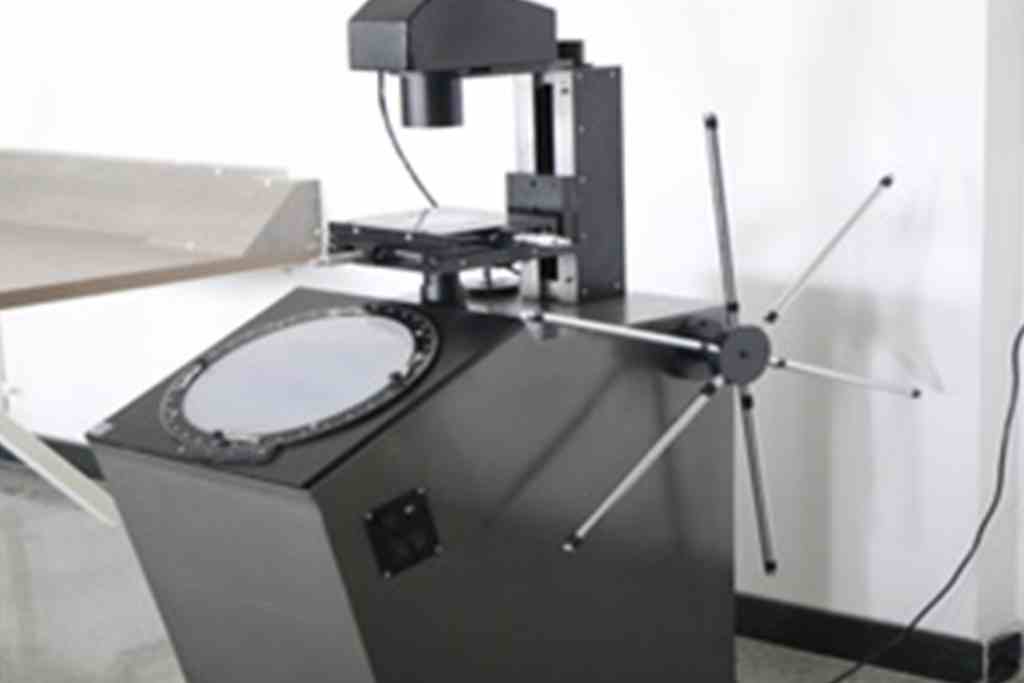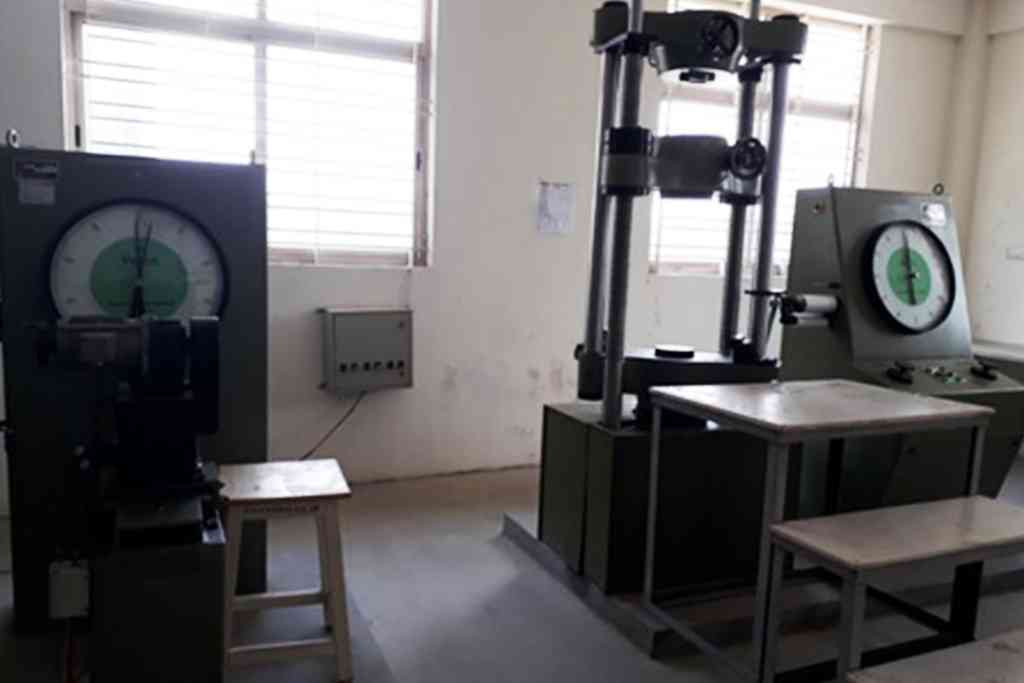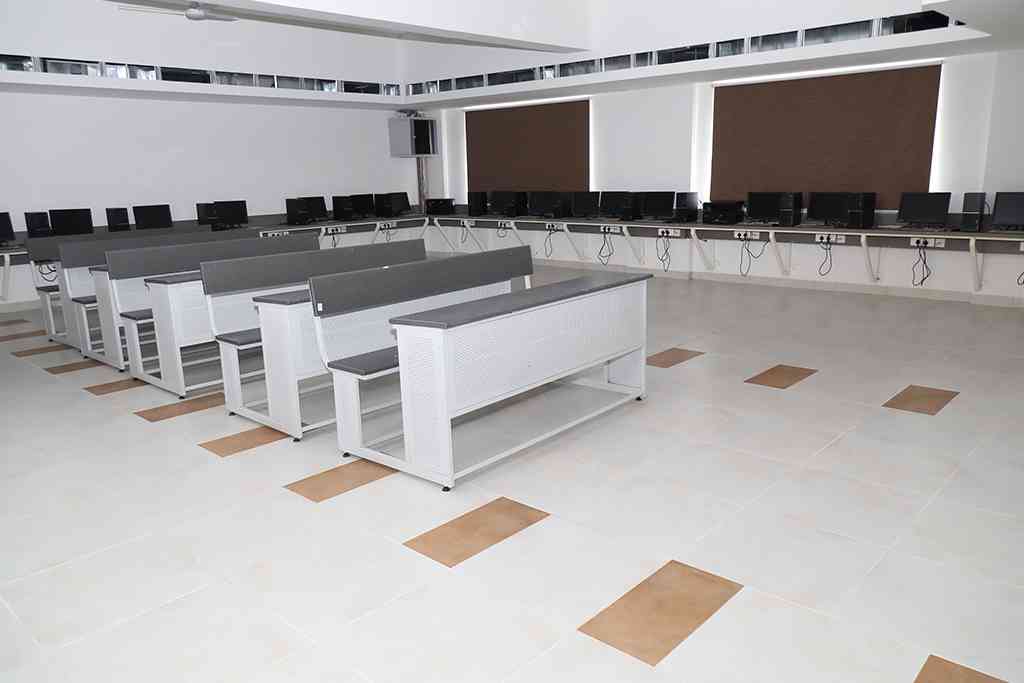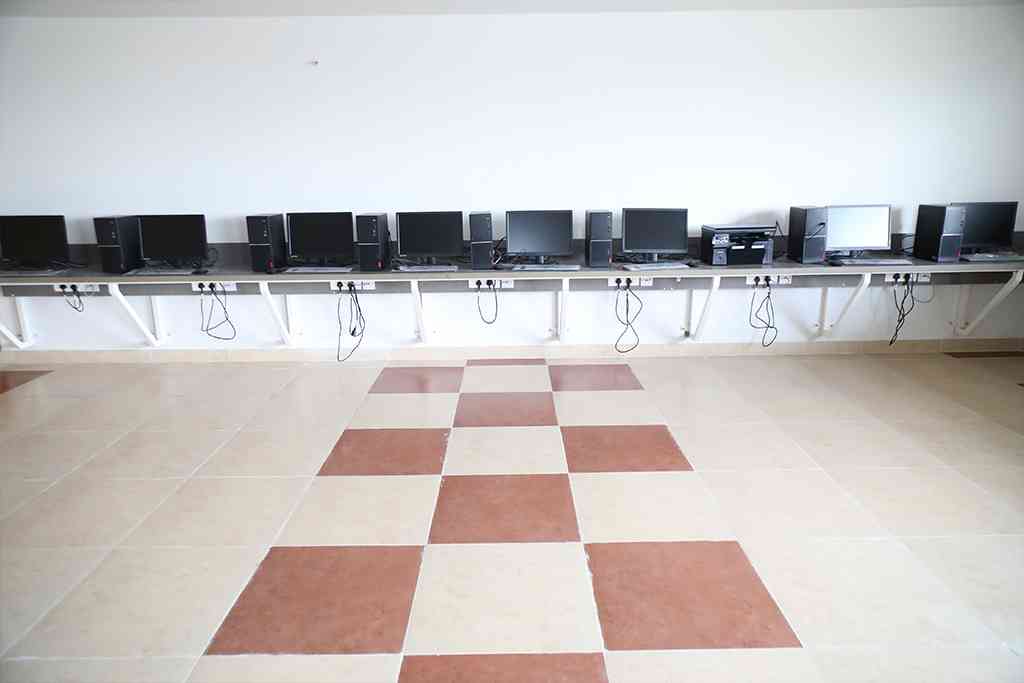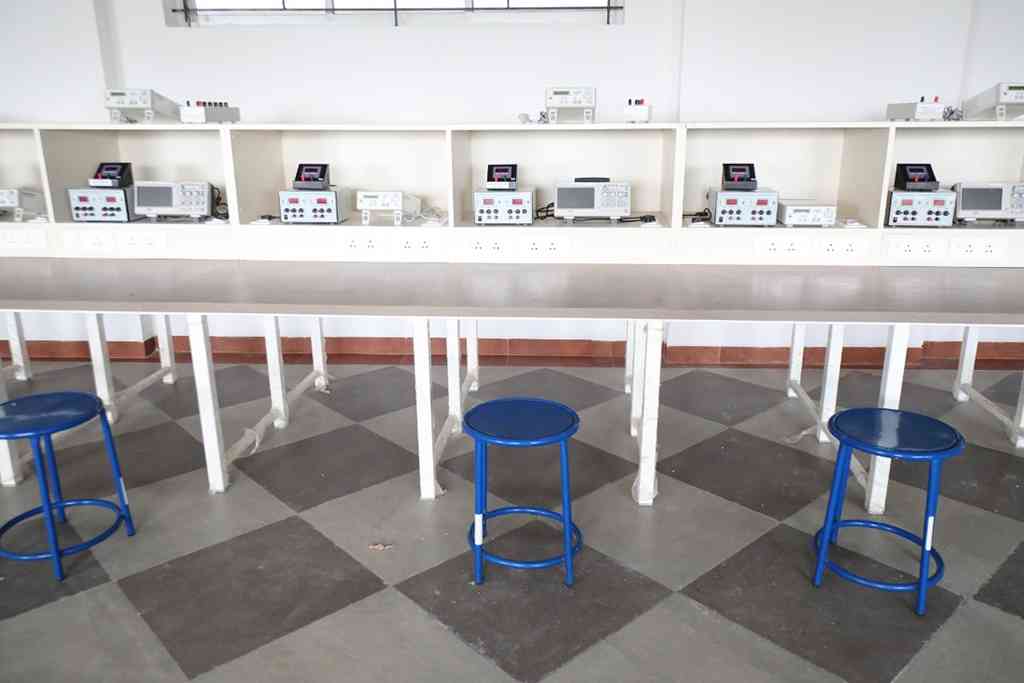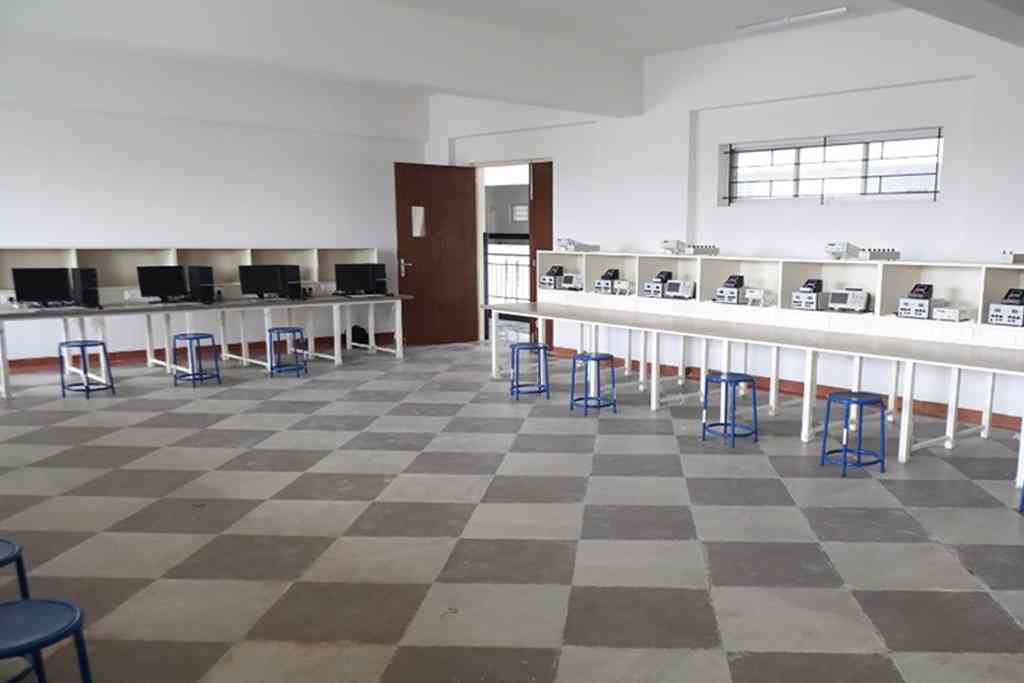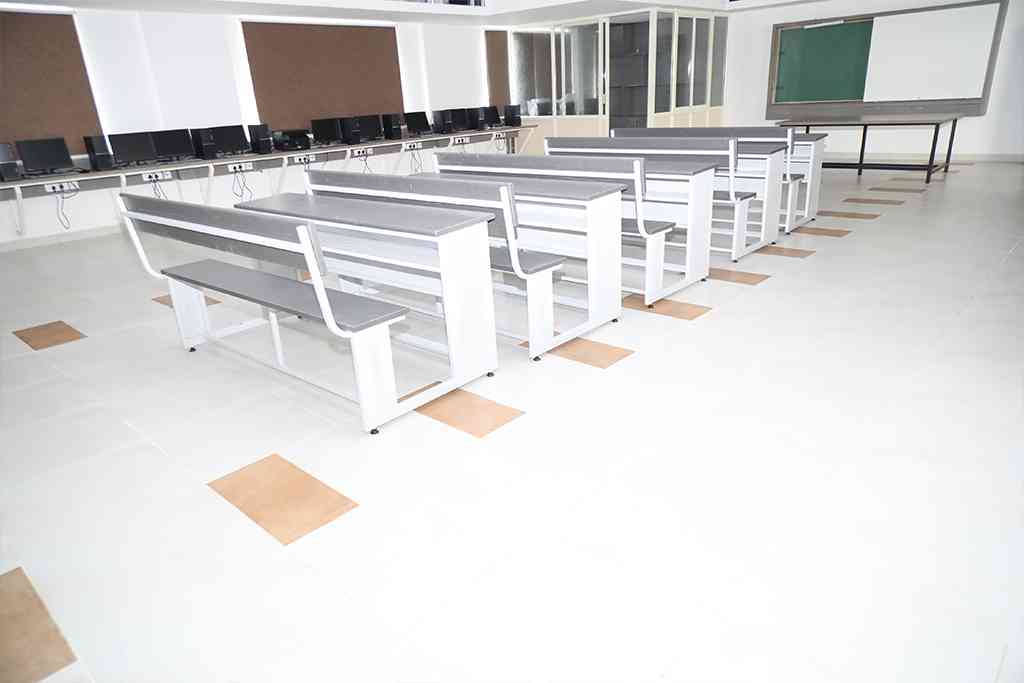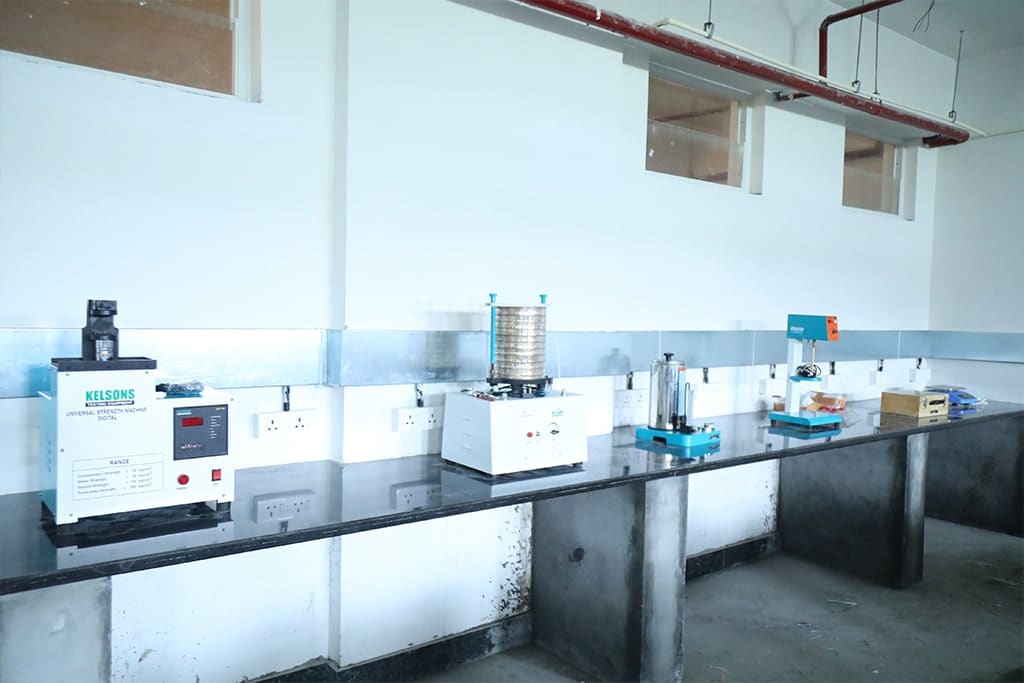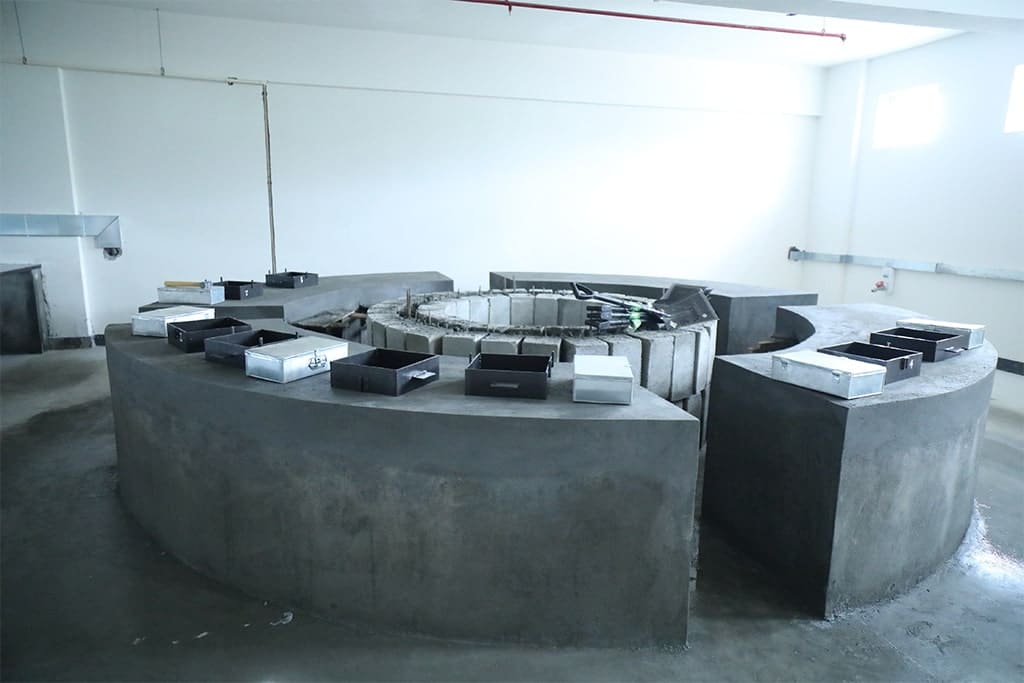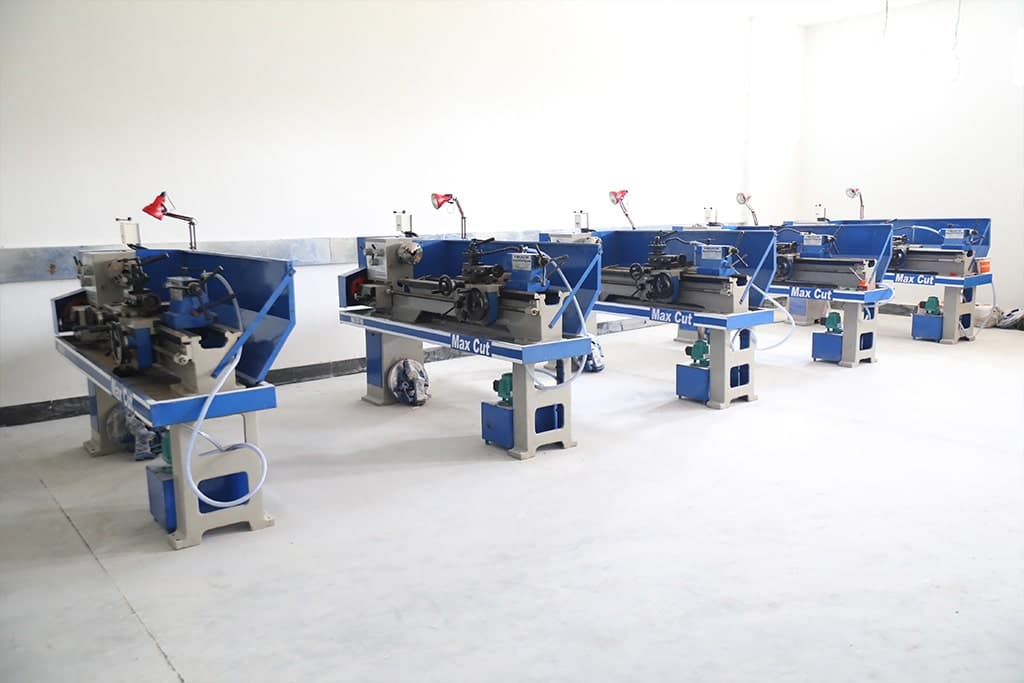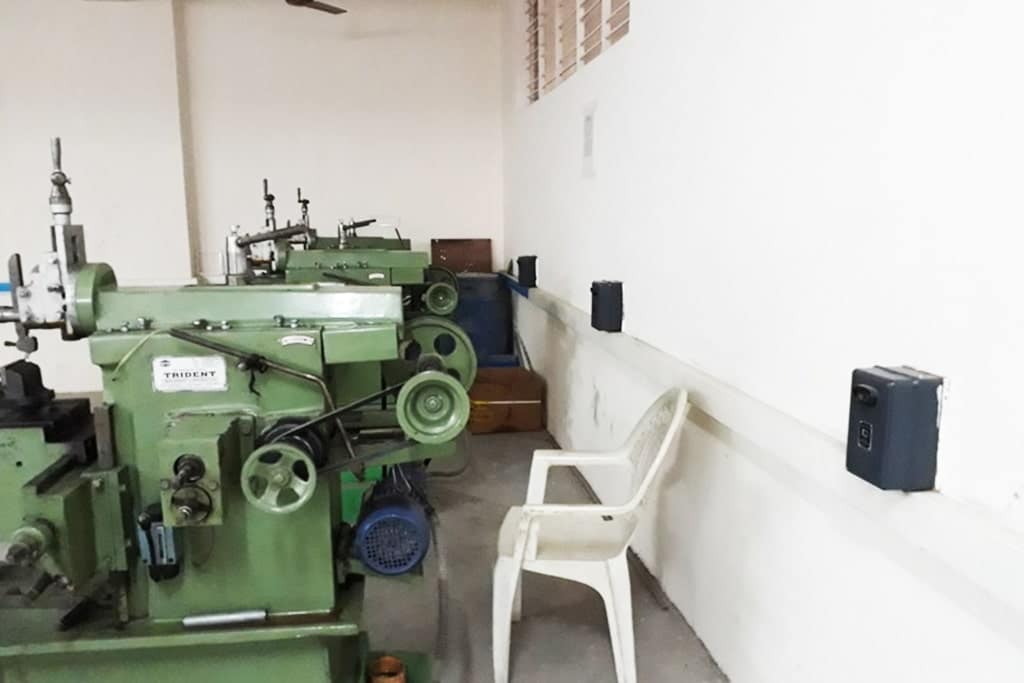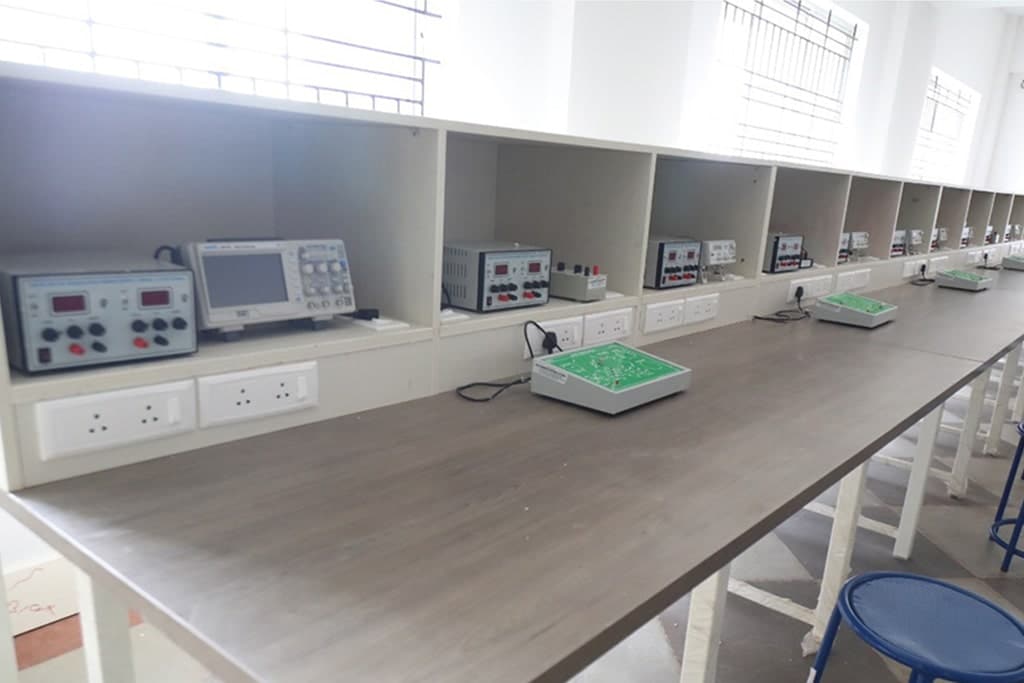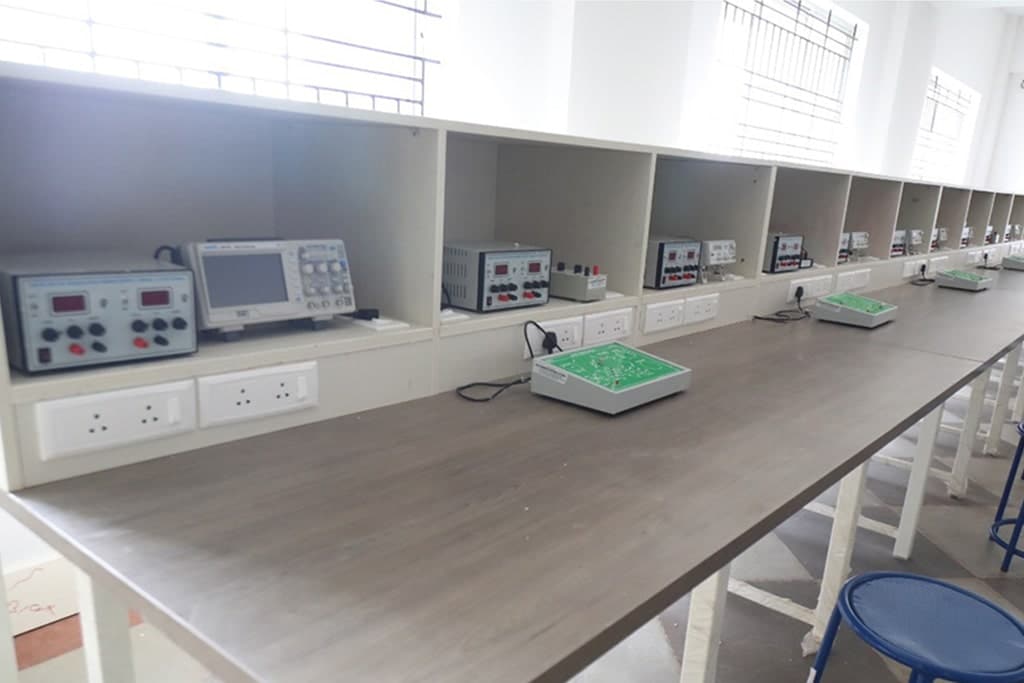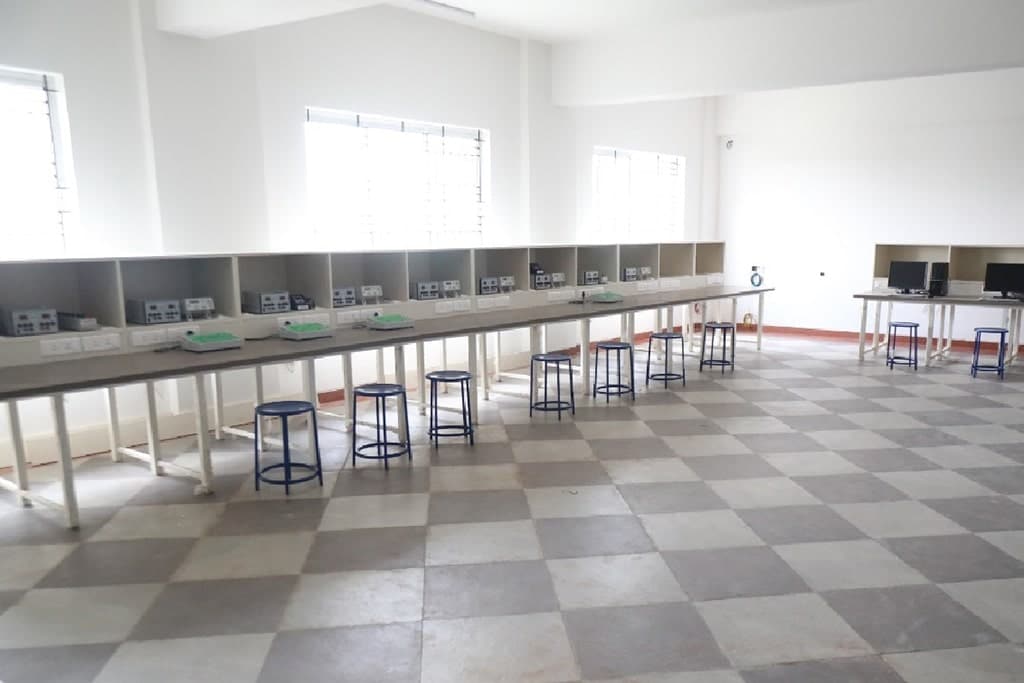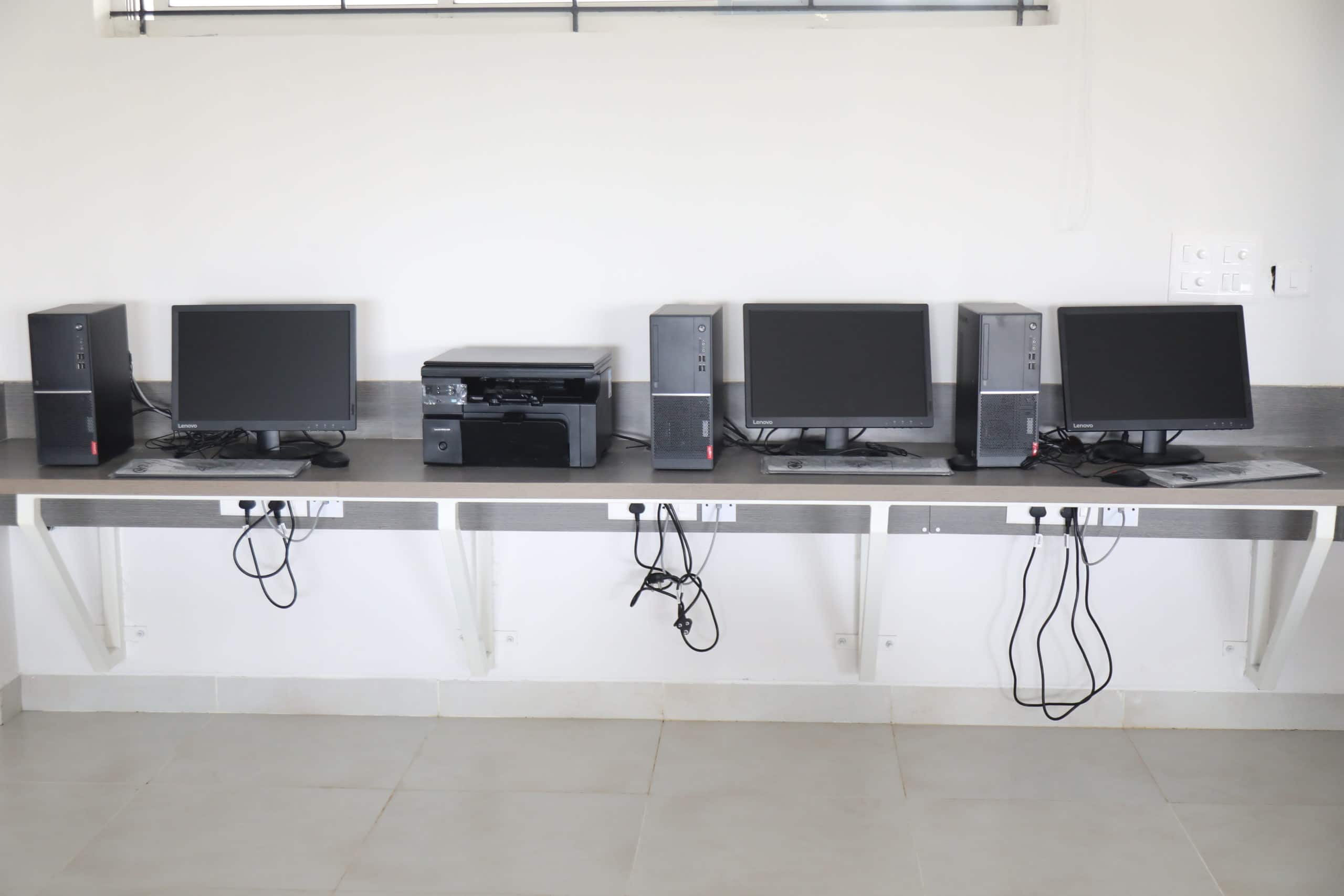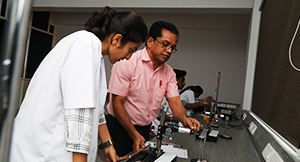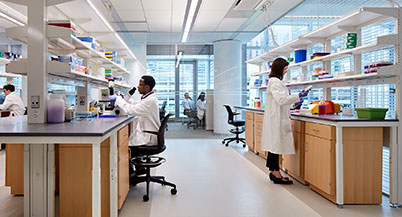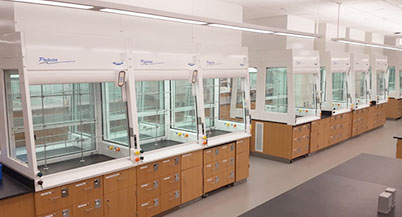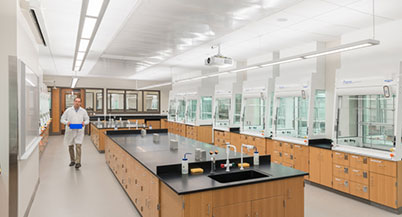Lab Name / Code: Data Structures Lab / BCSL305 – III Semester (ISE)
Data Structures is a technique of organising, managing, and storing data for efficient usage and modification. It is a fast and cost-effective solution. This laboratory course enables students to get practical experience in design, development, implementation, analysis, and evaluation/testing of the following:
- Asymptotic performance of algorithms
- Linear data structures and their applications such as stacks, queues, and lists
- Non-linear data structures and their applications such as trees and graphs
- Sorting and searching algorithms
Lab Name / Code:Data Visualization with python/[BCS358D]– III Semester (ISE)
This course covers various libraries and techniques for creating visual representations of data in Python, such as Matplotlib, Seaborn, Plotly, and possibly others.
- Python offers powerful libraries like Matplotlib, Seaborn, and Plotly for data visualization.
- Matplotlib is a versatile library for creating static, interactive, and publication-quality plots.
- Seaborn provides a high-level interface for drawing attractive and informative statistical graphics.
- Plotly offers interactive and web-based visualization capabilities suitable for dashboards and presentations.
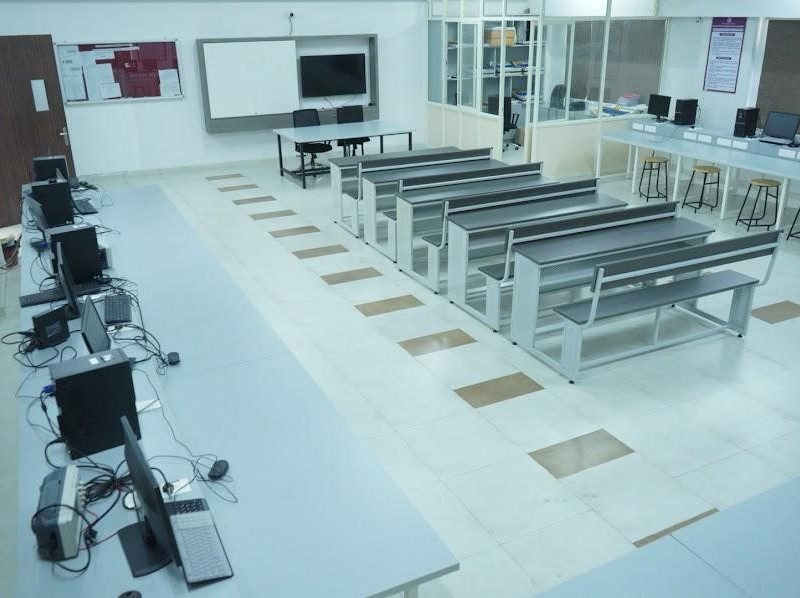
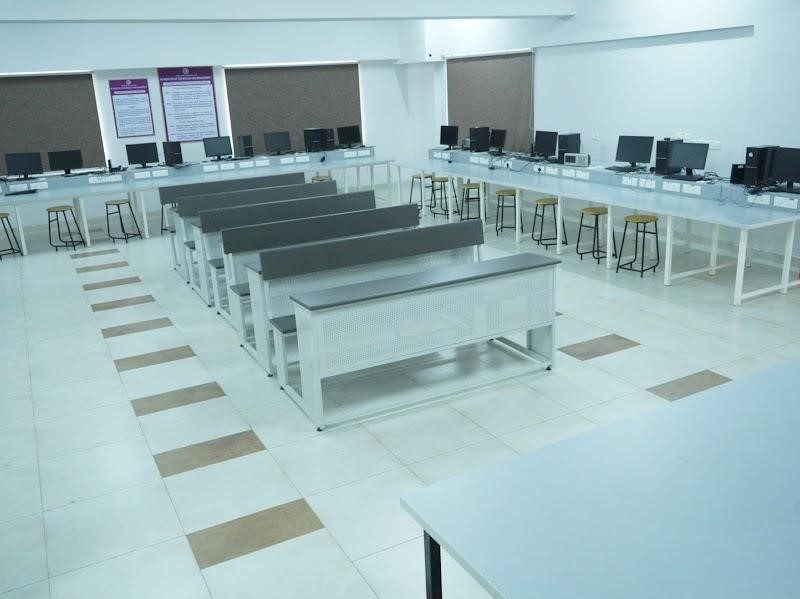
Lab Name / Code: Digital design and computer organization lab/BCS302
III-Semester (ISE)
“Digital Design and Computer Organization ” appears to be a course or lab session focusing on digital design and computer organization. This course covers the topics related to the fundamental principles of digital logic design, computer architecture, and organization. Students may learn about designing digital circuits using tools like Verilog or VHDL, understanding the architecture of computers, processors, memory systems, and input/output devices.
- BCS302 is a hands-on lab course focusing on digital design and computer organization.
- Students learn fundamental principles of digital logic design and computer architecture.
- Practical aspects include designing, simulating, and implementing digital circuits.
- Tools like Verilog or VHDL may be used for circuit design and simulation.
Lab Name / Code: Operating System lab/BCS303– III Semester (ISE)
Operating System Lab corresponds to a practical session or laboratory component associated with a course on operating systems. Operating System is a lab course focusing on practical aspects of operating systems. Students gain hands-on experience with various operating system concepts and tools. Topics may include process management, memory management, file systems, and inter-process communication.
- Students learn fundamental principles of digital logic design and computer architecture.
- Practical aspects include designing, simulating, and implementing digital circuits.
- Tools like Verilog or VHDL may be used for circuit design and simulation.
- The lab covers topics essential for understanding computer systems and their organization.
Lab Name / Code: OOP’s with Java lab /BCS306A– III Semester (ISE)
In the “OOP’s with Java Lab,” The lab serves as a crucial component in reinforcing theoretical concepts taught in lectures by providing hands-on coding exercises and projects. Through these activities, students gain proficiency in implementing key OOP concepts such as inheritance, polymorphism, and encapsulation.
- The lab focuses on practical application of Object-Oriented Programming concepts using the Java programming language.
- Students engage in hands-on coding exercises to reinforce theoretical concepts covered in lectures.
- Exercises may include creating classes, objects, and methods, implementing inheritance, polymorphism, and encapsulation.
- Students may work on projects to develop software solutions using OOP principles and Java.
Lab Name / Code: Advanced Java lab/ BCS402– IV Semester(ISE)
This course typically covers advanced concepts such as multithreading, networking, database connectivity, Java Server Pages (JSP), Servlets, JavaFX, and frameworks like Spring and Hibernate.
- Covers Java Server Pages (JSP), Servlets, and frameworks like Spring and Hibernate for web development.
- Focuses on developing robust, scalable, and high-performance Java applications.
- Includes hands-on projects to reinforce learning and apply concepts to real-world scenarios.
- Equips students with specialized skills for careers in software development, particularly in Java-centric roles.
Lab Name / Code: Database Management System lab / BCS403 – IV Semester(ISE)
DBMS Lab provide the student with strong foundation in database concepts, technology and provide with extensive practice to the students and groom them into well-informed database application developers. Working on existing database systems, designing of database, creating relational database, analysis of table design.
- Students get practical knowledge on designing and creating relational database systems.
- Understand various advanced queries execution such as relational constraints, joins, set operations, aggregate functions, trigger, views and embedded SQL.
- Use of various software to design and build ER Diagrams, UML, Flow chart for related database systems.
Lab Name / Code: Analysis and Design of Algorithms Lab [BCSL404]
– IV Semester(ISE)
Algorithm analysis is an important part of a broader computational complexity theory, which provides theoretical estimates for the resources needed by any algorithm which solves a given computational problem. These estimates provide an insight into reasonable directions of the search for efficient algorithms.
This course will enable students to:
- Design and implement various algorithms using programming languages JAVA or C.
- Employ various design strategies for problem-solving
- Measure and compare the performance of different algorithms
In the Skill Lab (Robotics), students immerse themselves in hands-on activities centered around the exploration and advancement of robotics technology. Equipped with state-of-the-art robotics kits, tools, and software, students engage in a range of projects designed to deepen their understanding of robotics principles and applications.
- The lab offers a hands-on learning environment where students can apply theoretical knowledge from robotics courses to practical projects.
- Activities in the lab may include designing, building, and testing different types of robots, such as mobile robots, robotic arms, or autonomous drones.
Through projects and challenges, students develop problem-solving, critical thinking, and teamwork skills essential for success in the field of robotics.detect the errors using CRC Technique.
Lab Name / Code: Computer Networking / 21CSL57– V Semester(ISE)
Computer networking focuses on explaining how the Internet works, ranging from how bits are modulated on wired and wireless in application-level protocols.
- Acquire knowledge of using simulators for different connections.
- Simulate and demonstrate the performance of GSM and CDMA
- Able to detect the errors using CRC Technique.
- Students are able to find the shortest path in the network using routing algorithms.
- To make students to Implement data link layer and transport layer protocols.
Lab Name / Code: Database Management System Laboratory with mini Project (21CSL58– V Semester(ISE)
DBMS Lab provide the student with strong foundation in database concepts, technology and provide with extensive practice to the students and groom them into well-informed database application developers. Working on existing database systems, designing of database, creating relational database, analysis of table design.
- Students get practical knowledge on designing and creating relational database systems.
- Understand various advanced queries execution such as relational constraints, joins, set operations, aggregate functions, trigger, views and embedded SQL.
- Use of various software to design and build ER Diagrams, UML, Flow chart for related database systems.
Lab Name / Code: C#And .NET / 21CSL582– V -Semester(ISE)
C# is a versatile programming language primarily used for developing Windows applications, web applications, and various types of software solutions. The .NET Framework is a software development framework developed by Microsoft, which provides a large class library and support for multiple programming languages, including C#.
- C# is a modern, object-oriented programming language developed by Microsoft.
- The .NET Framework is a software development platform for building various types of applications.
- C# is commonly used with the .NET Framework to create desktop, web, and mobile applications.
- The .NET Framework provides a vast class library and runtime environment for executing C# code.
Together, C# and the .NET Framework offer developers a powerful and versatile toolset for software development.
Lab Name / Code: Software testing laboratory /21ISL66– VI Semester(ISE)
The practise of reviewing and validating that a software product or application accomplishes what it is designed to do is known as software testing. The advantages of testing include the prevention of bugs, the reduction of development expenses, and the improvement of performance. In this lab students learn to:
- Analyse the requirements for the given problem statement
- Design and implement various solutions for the given problem
- Employ various design strategies for problem solving
- Derive test cases for any given problem
- Construct control flow graphs for the solution that is implemented.
- Create appropriate document for the software artefact.
Lab Name / Code: Full Stack Development lab /IPCC-21CS62– VI Semester(ISE)
Full stack development is the process of developing both the frontend and backend of applications. Any application has a frontend (user-facing) component and a backend (database and logic) component. The frontend contains the user interface and code related to user interactions with the application.
- Common front-end tools include HTML, CSS, and JavaScript.
- Back-end technologies can include Node.js, Python, and databases like MySQL or MongoDB.
- Full Stack Developers are proficient in both front-end and back-end development.
- Frameworks like React, Angular, and Express.js are commonly used in Full Stack projects.
Lab Name / Code: Artificial Intelligence and Machine Learning / 18CSL76– VII Semester(ISE)
Artificial Intelligence and Machine Learning Laboratory – 18CSL76 (VTU AIML Lab) covers the different algorithms such as A* Search, A** Search, Find-S algorithms, Candidate elimination algorithm, Decision tree (ID3) algorithm, Artificial Neural Networks, Back propagation Algorithm, Naïve Bayes classifier for text classification, Bayesian Belief Network, k-Means, and EM clustering Algorithm, k-Nearest Neighbour Algorithm (KNN), Locally Weighted Regression Algorithm..

